89 Best Alcohol and Drug Rehabs in Oklahoma 2025
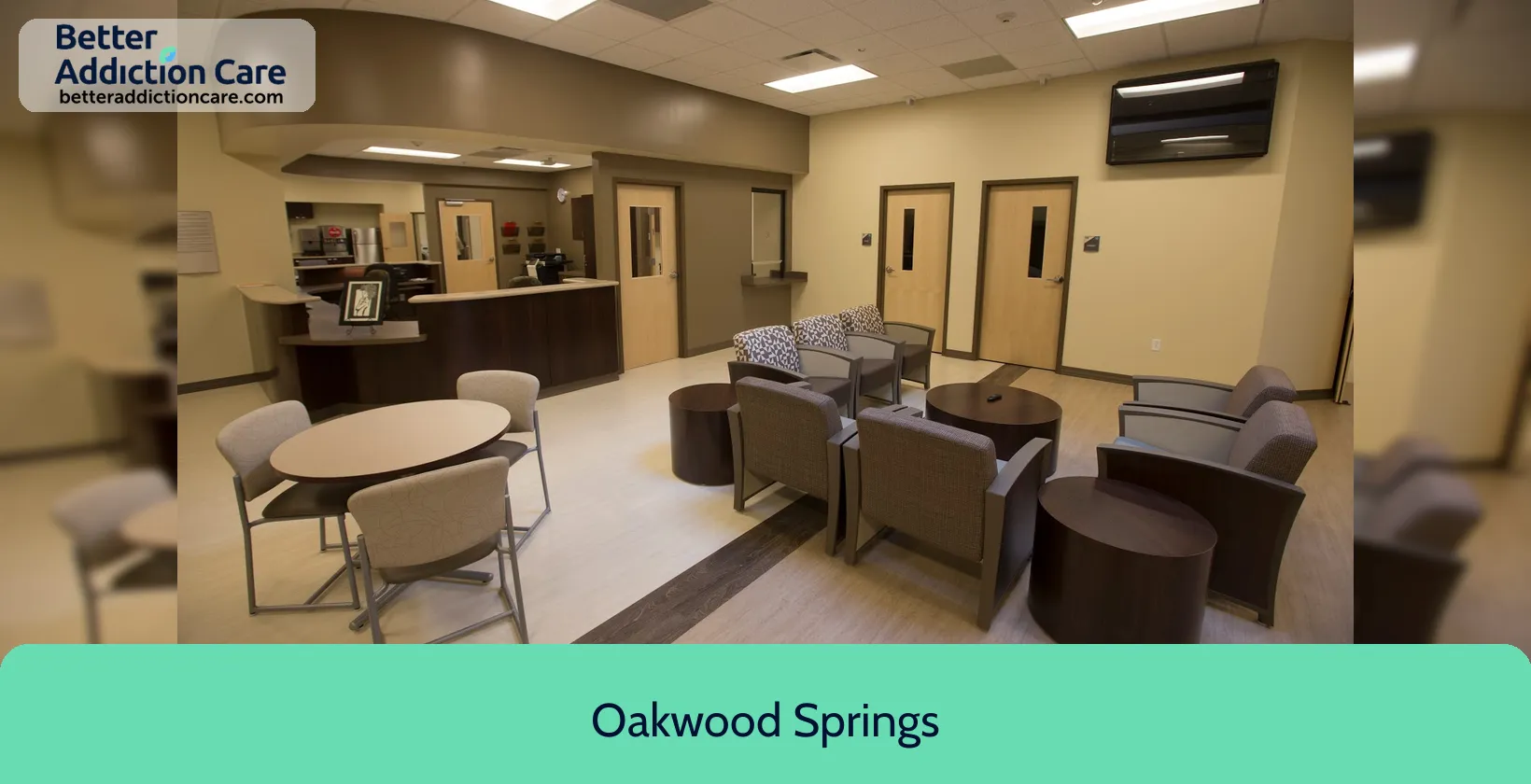
7.52

7.03

8.06

6.79
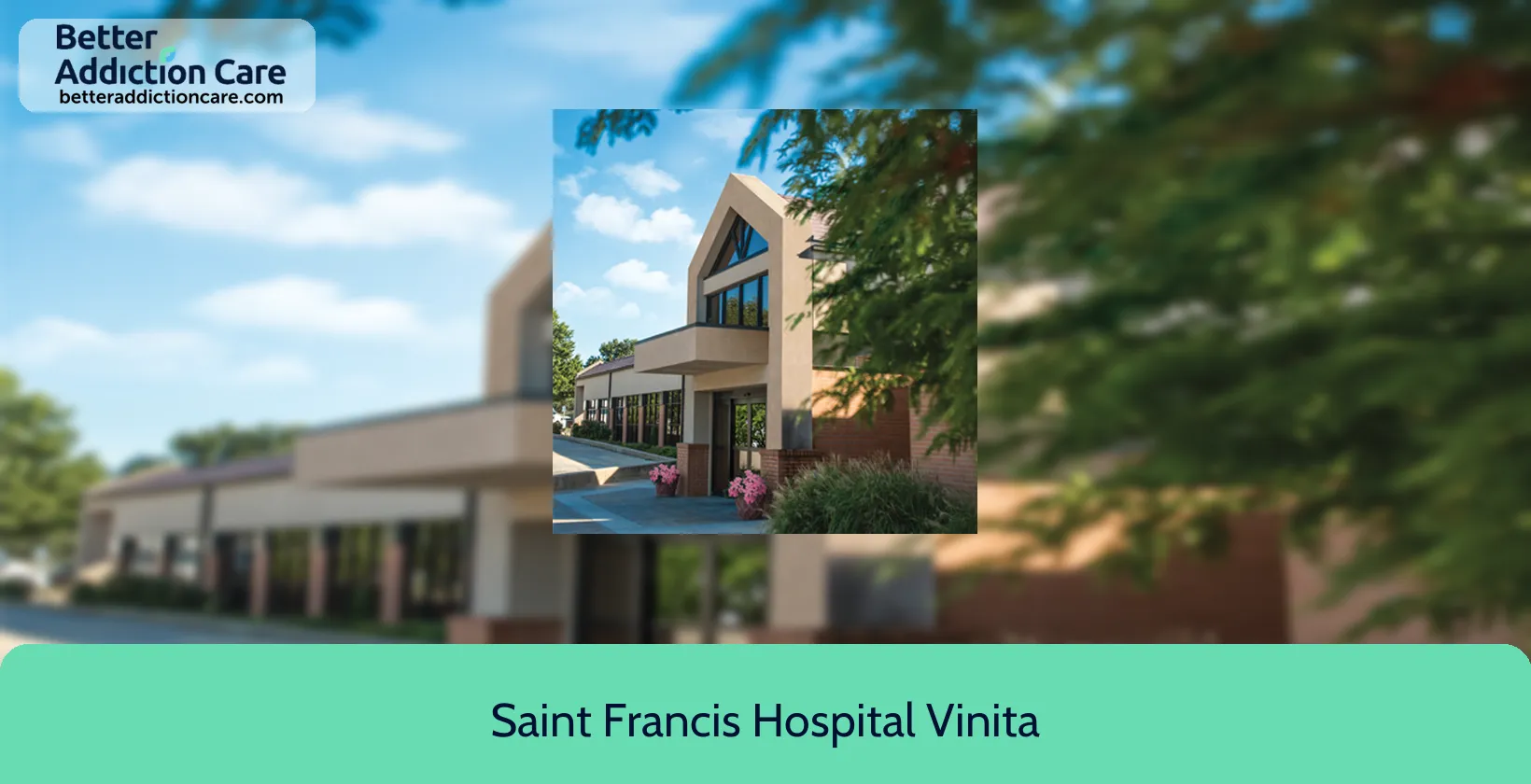
6.81

7.09
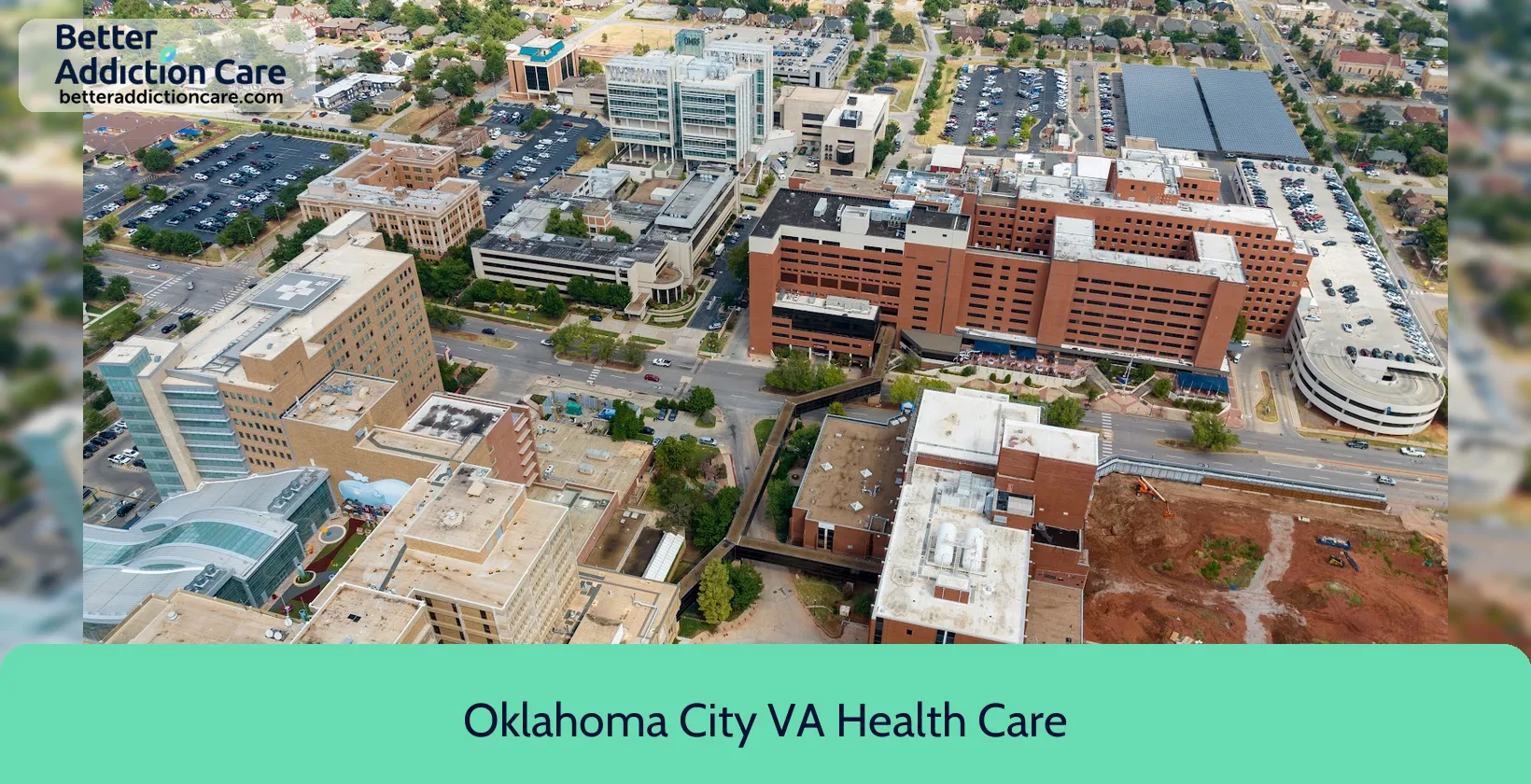
8.51

6.99
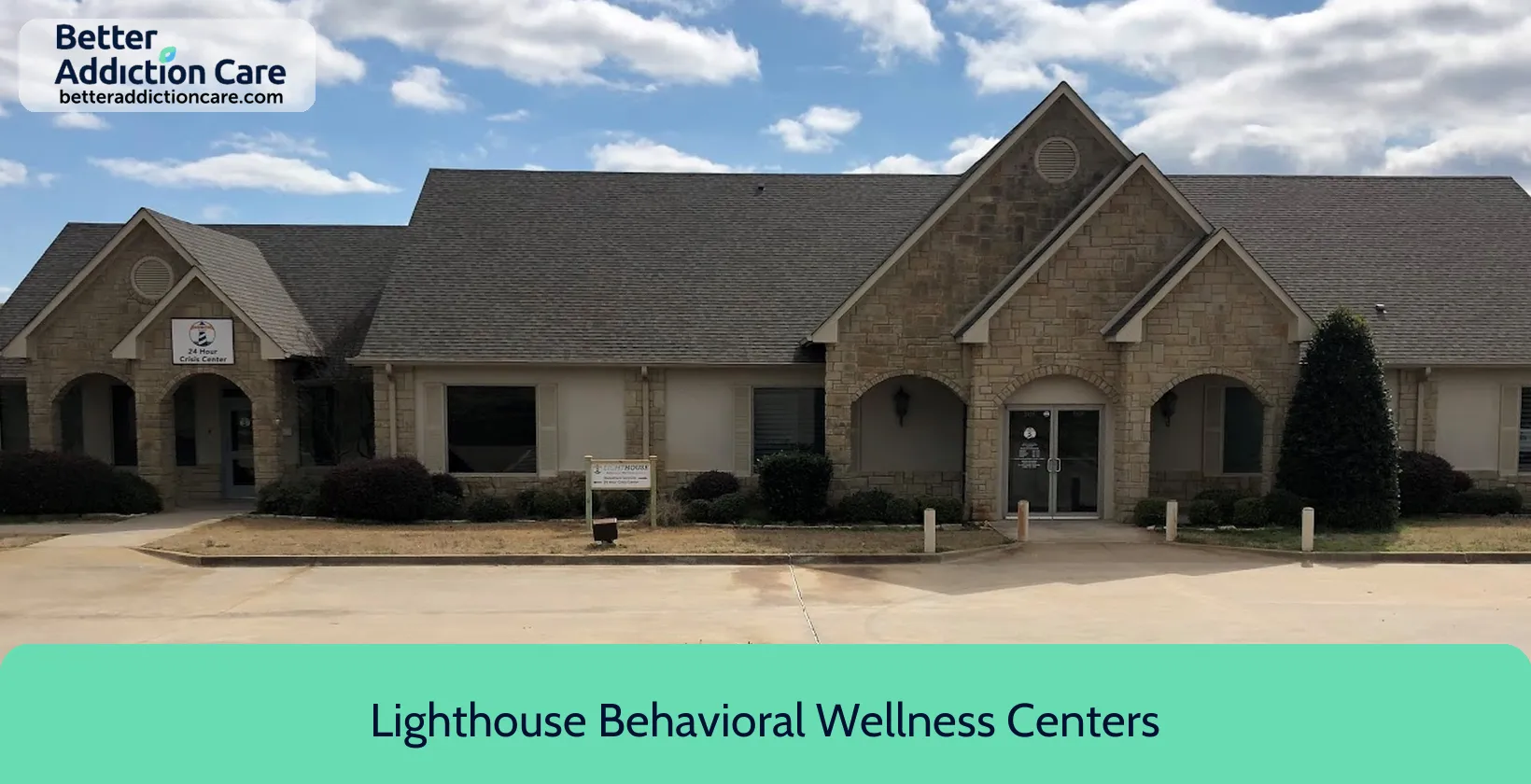
7.04
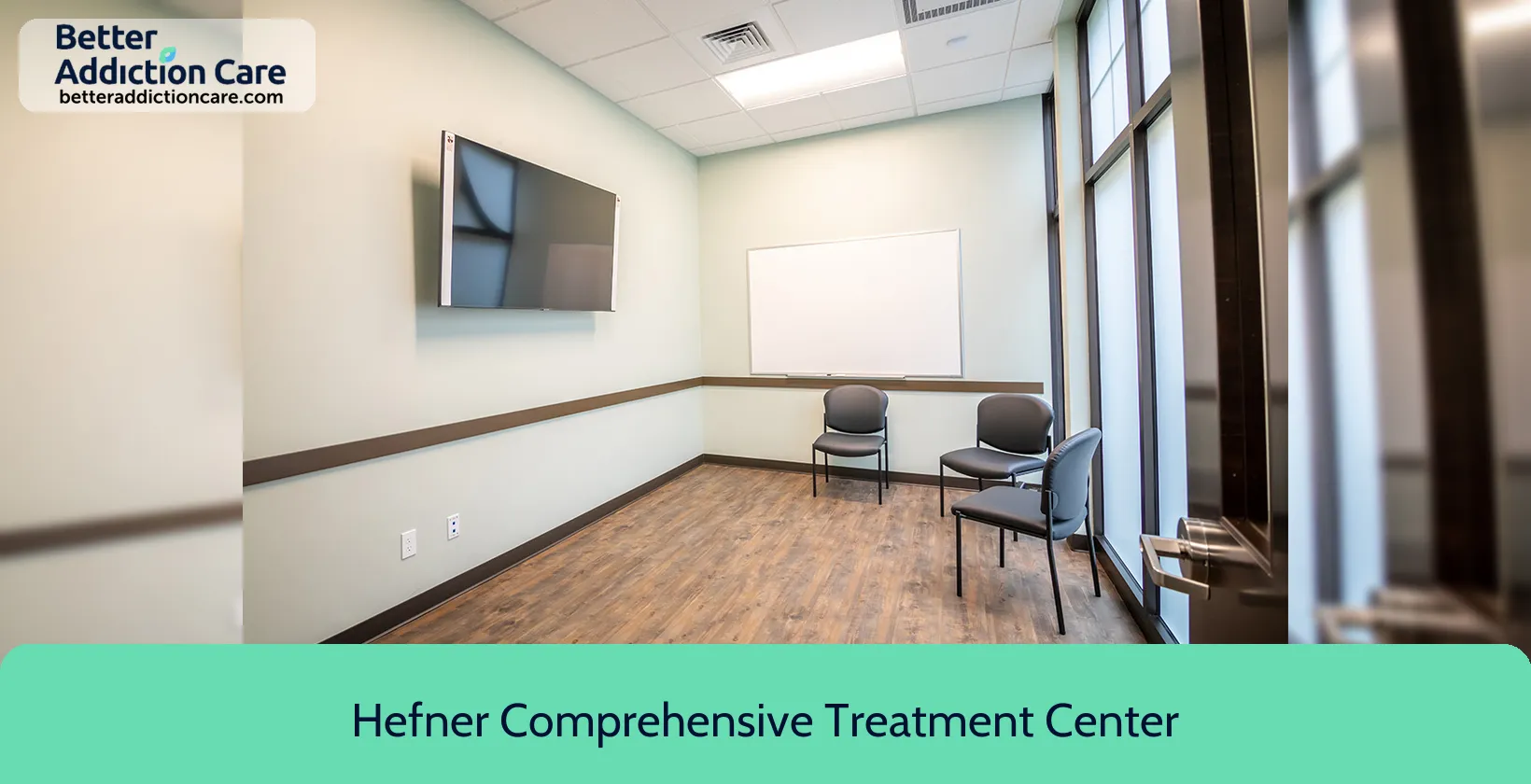
7.22
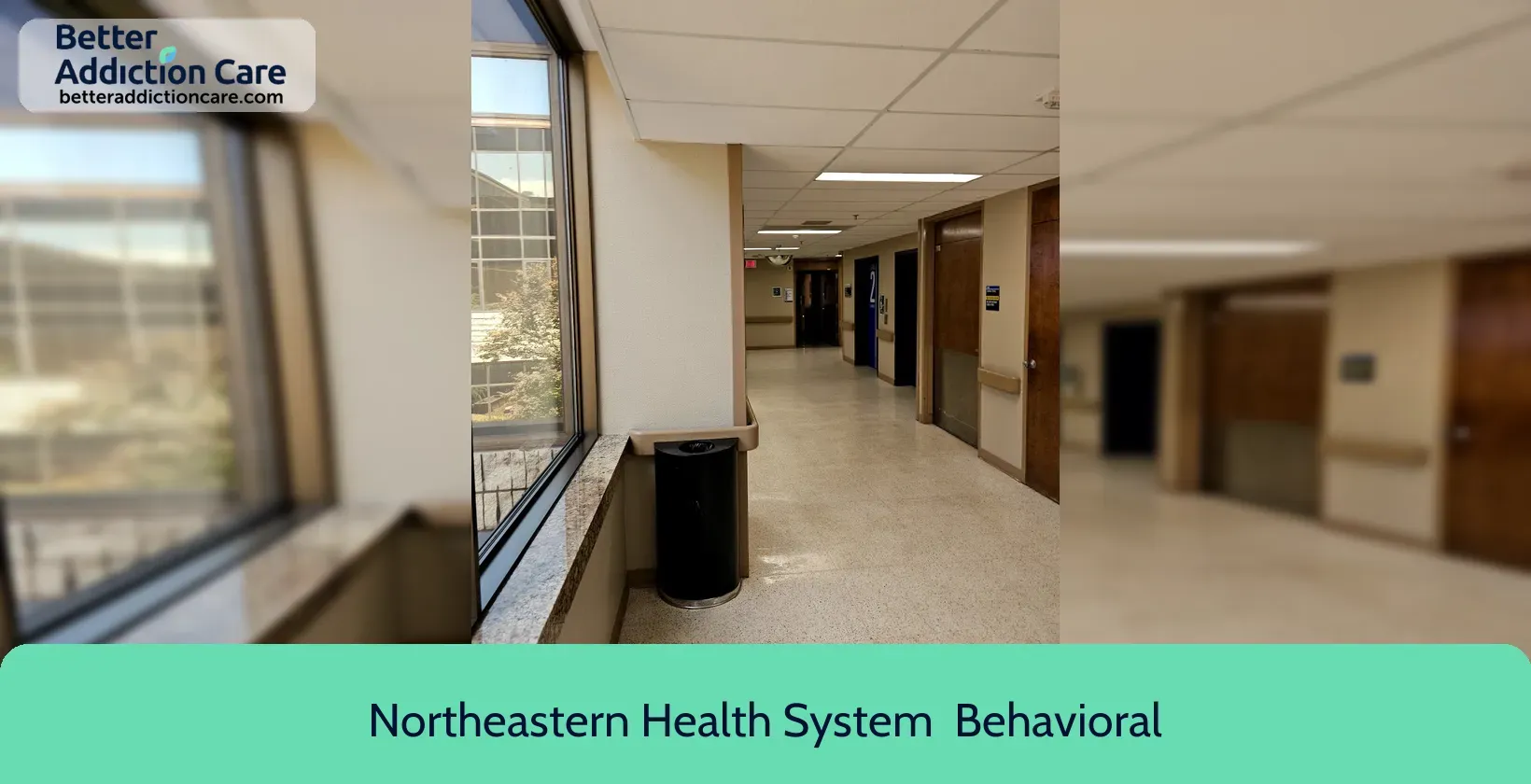
6.71
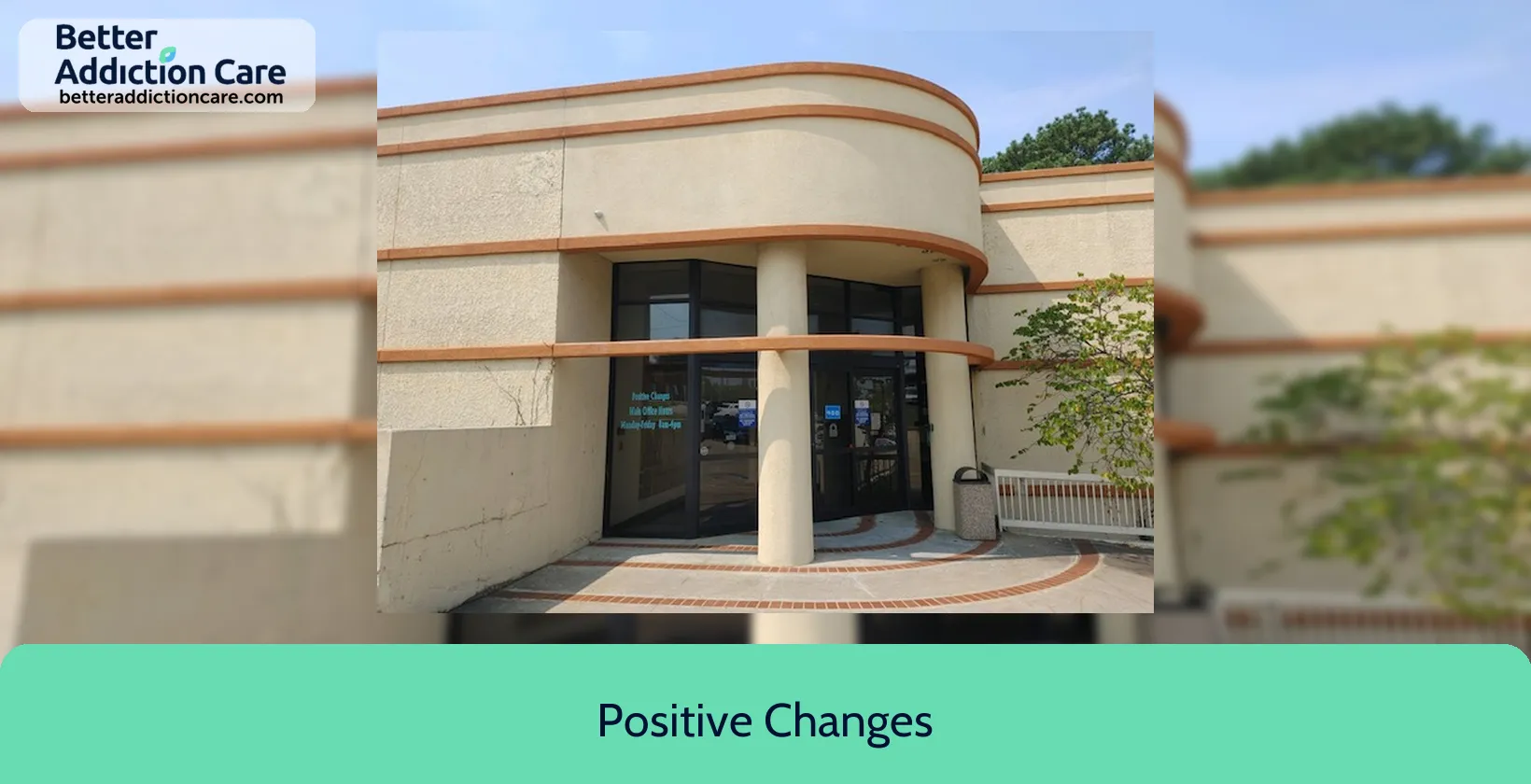
6.71
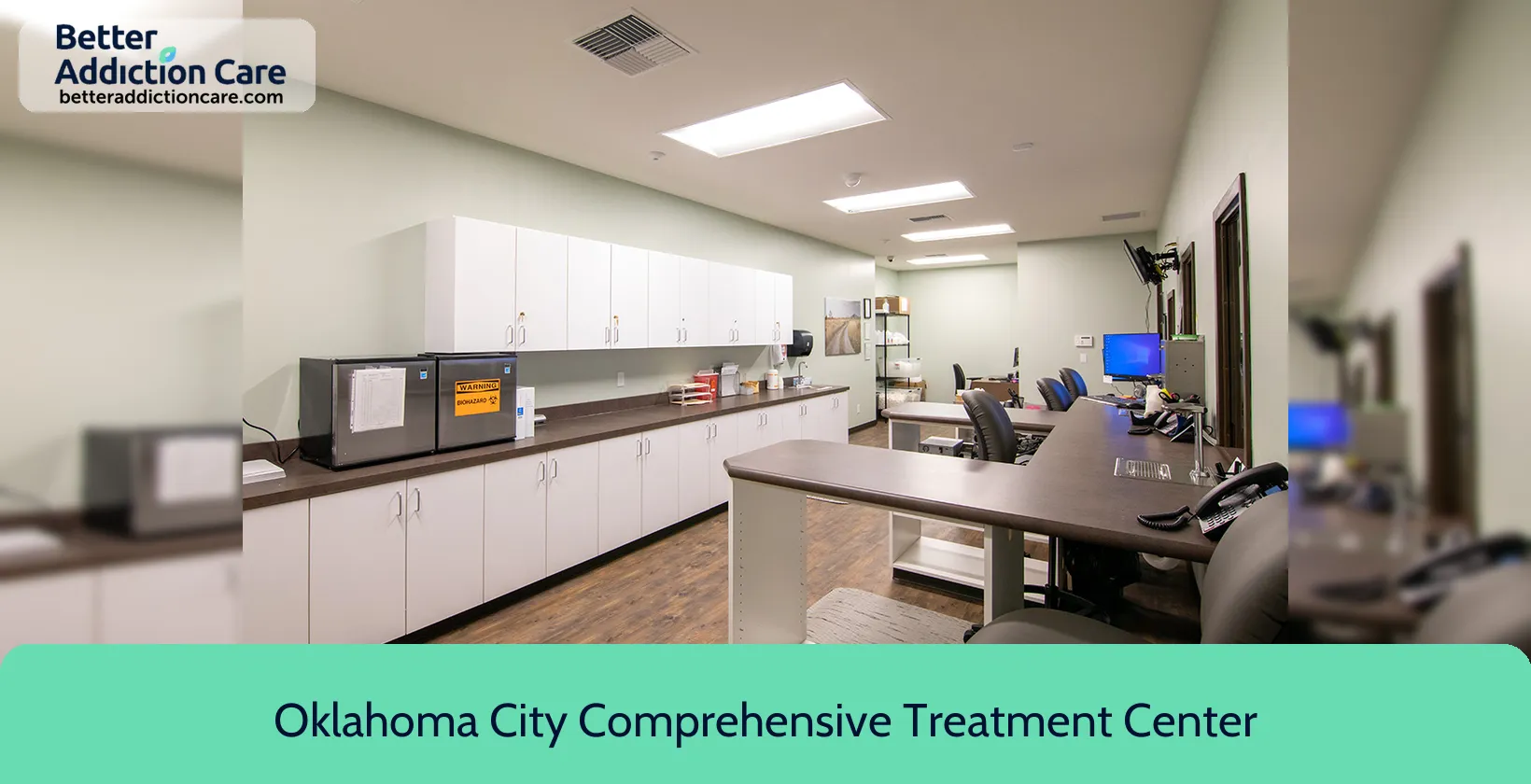
7.39
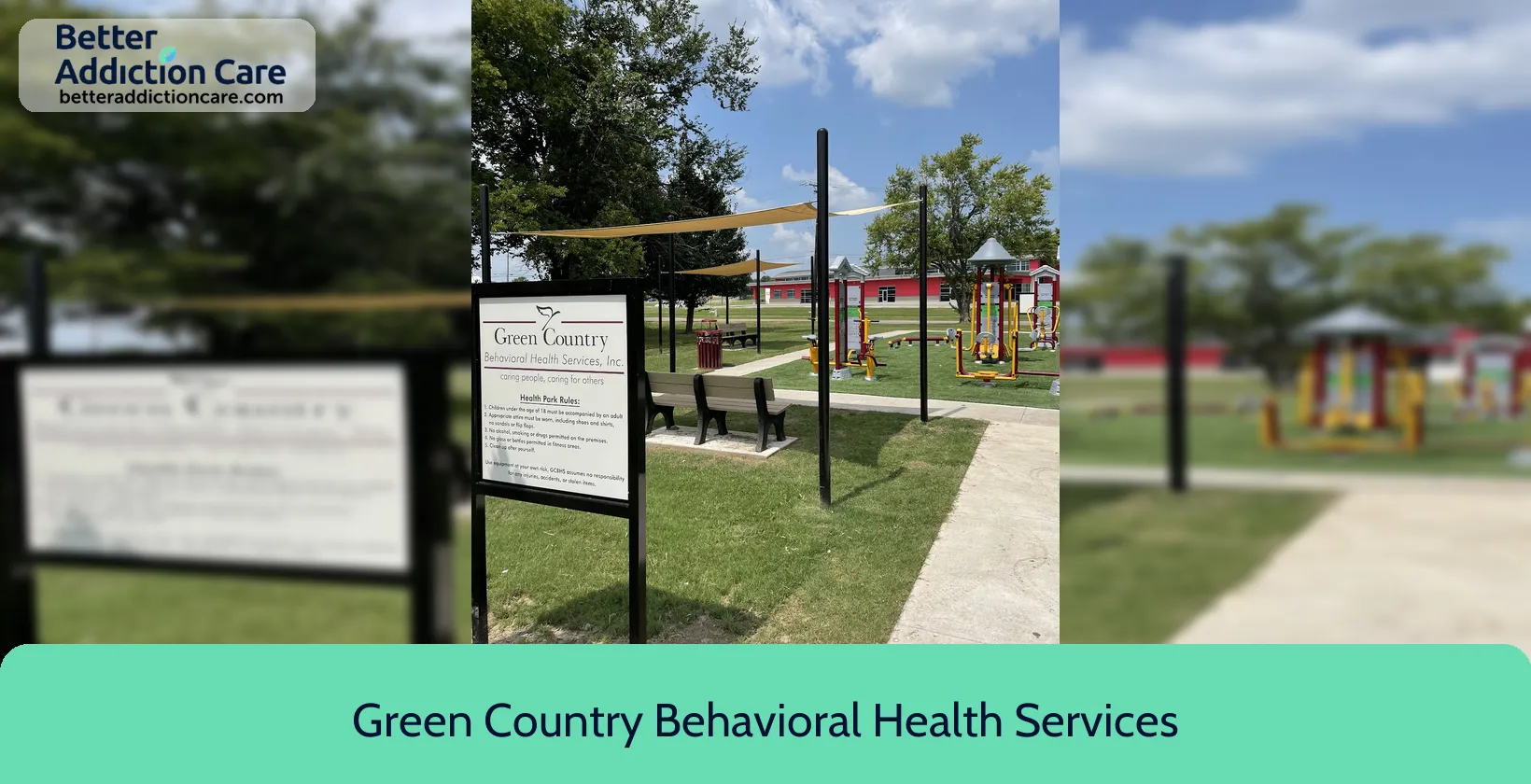
7.68
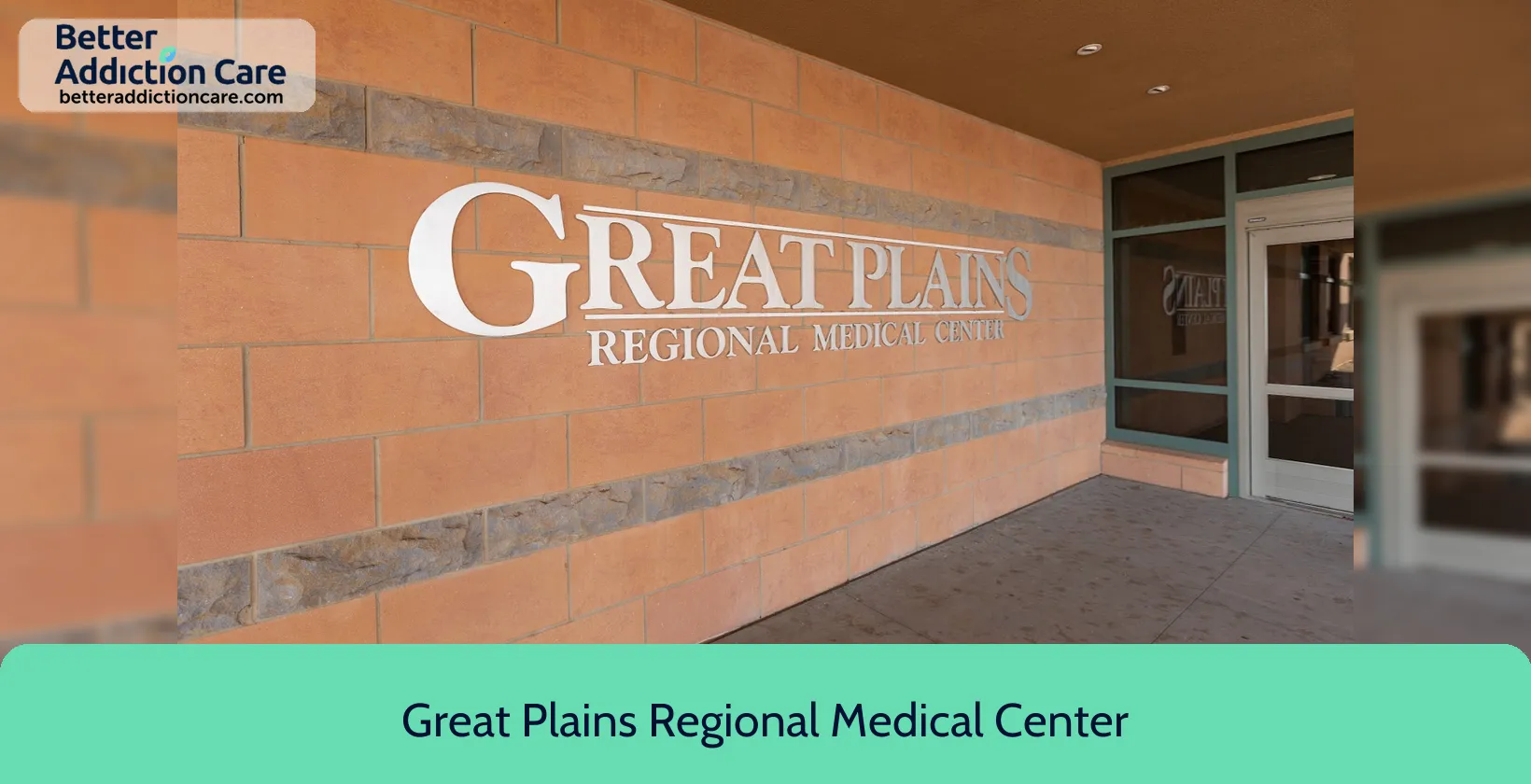
7.06

6.92
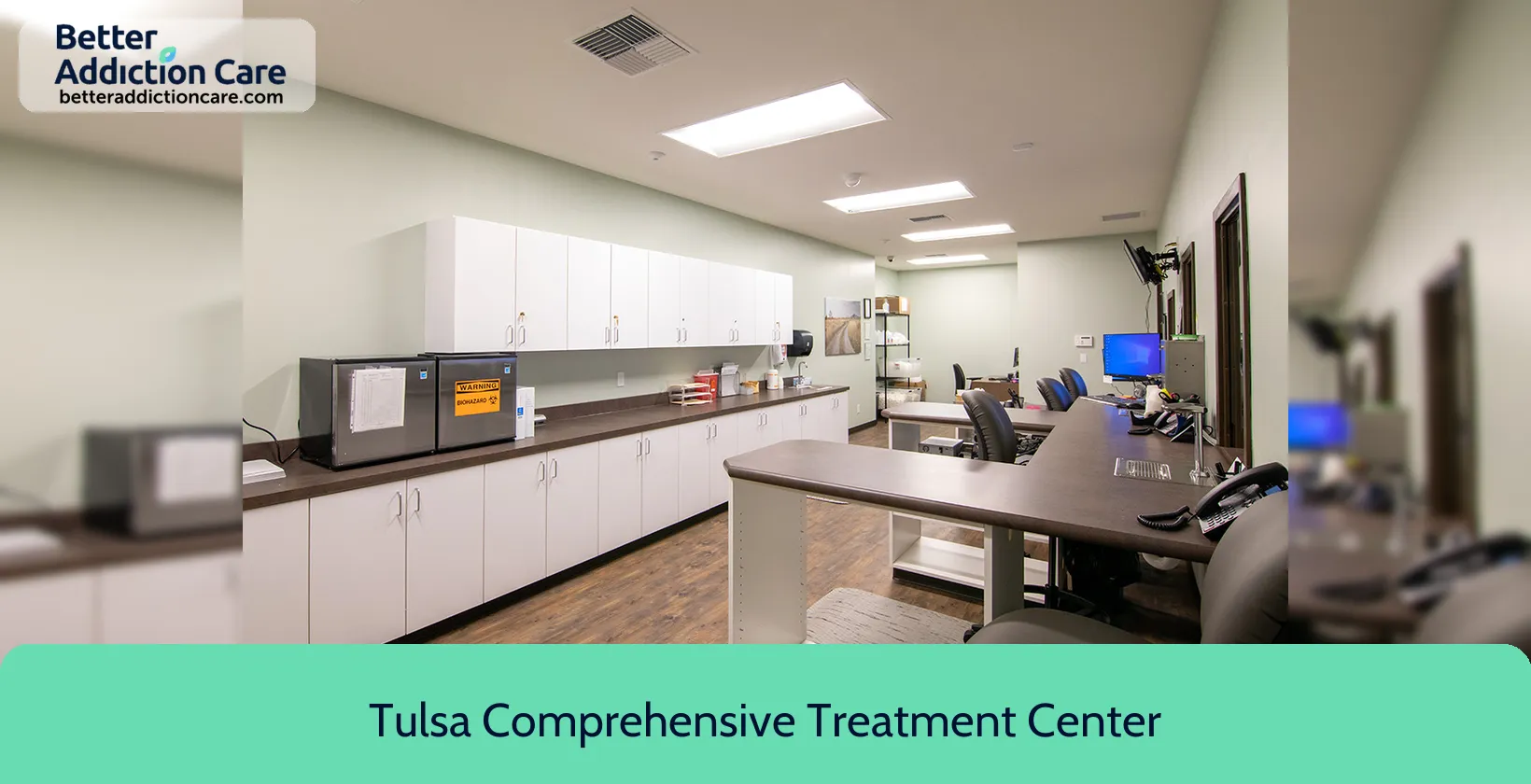
7.16
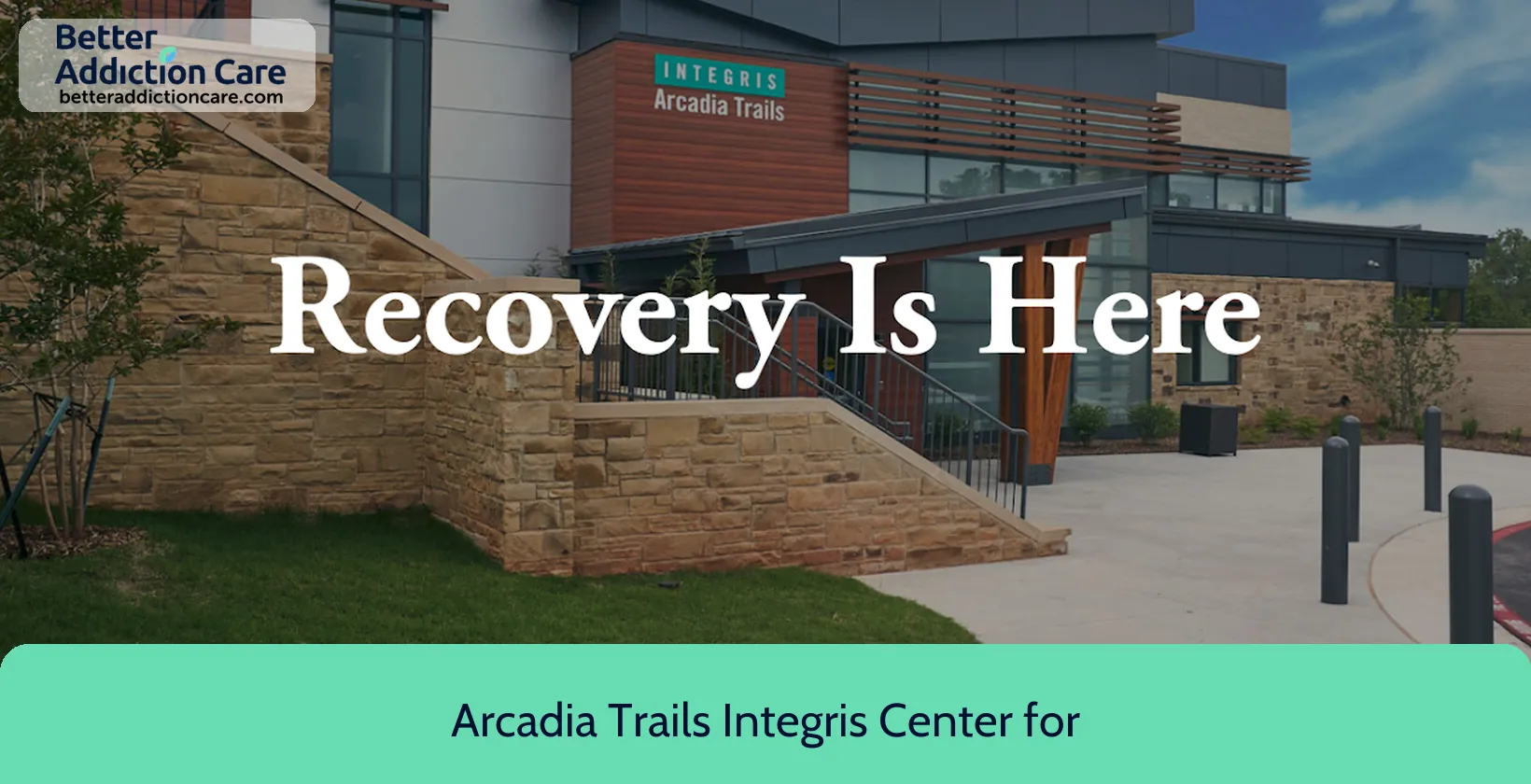
7.40
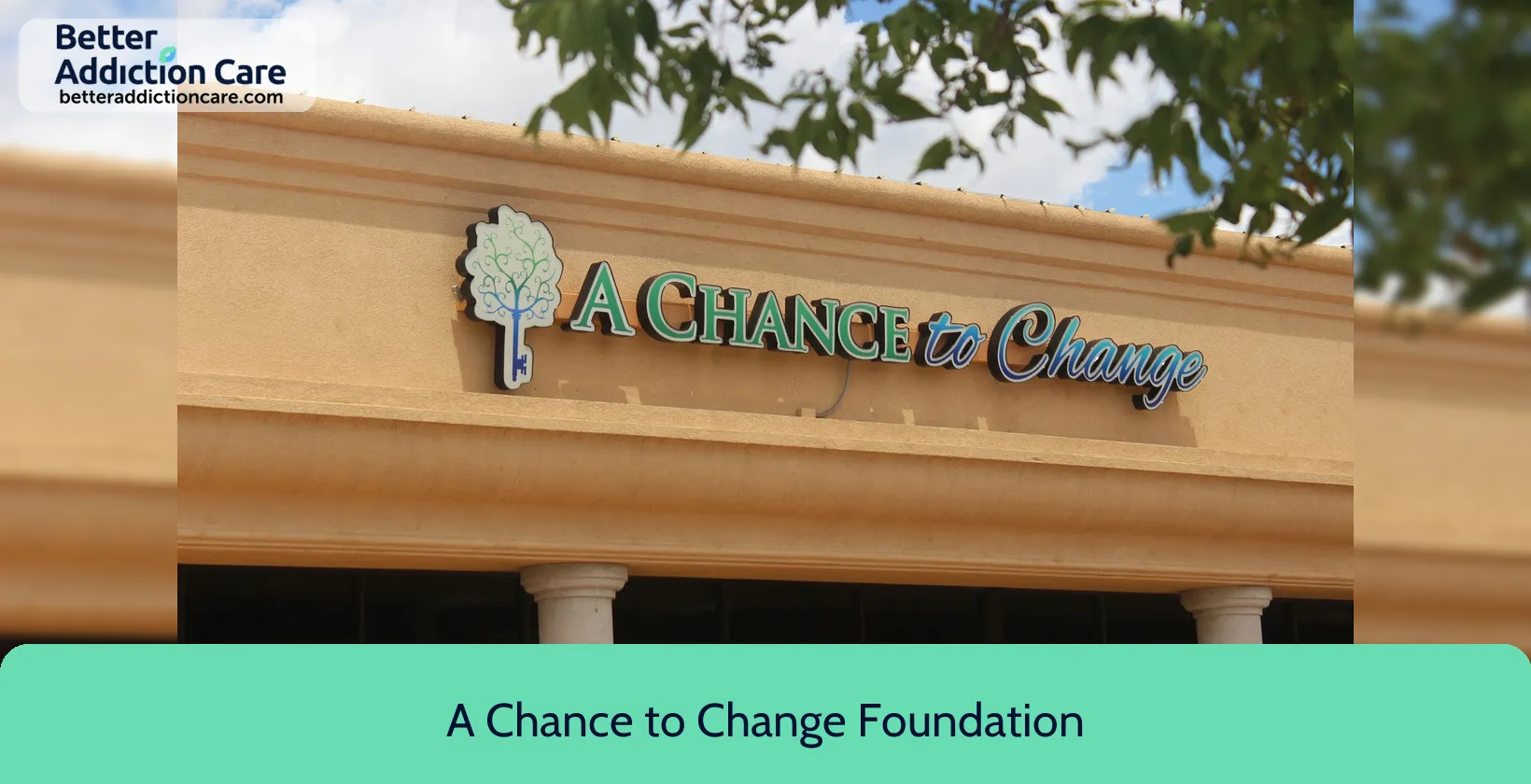
7.01
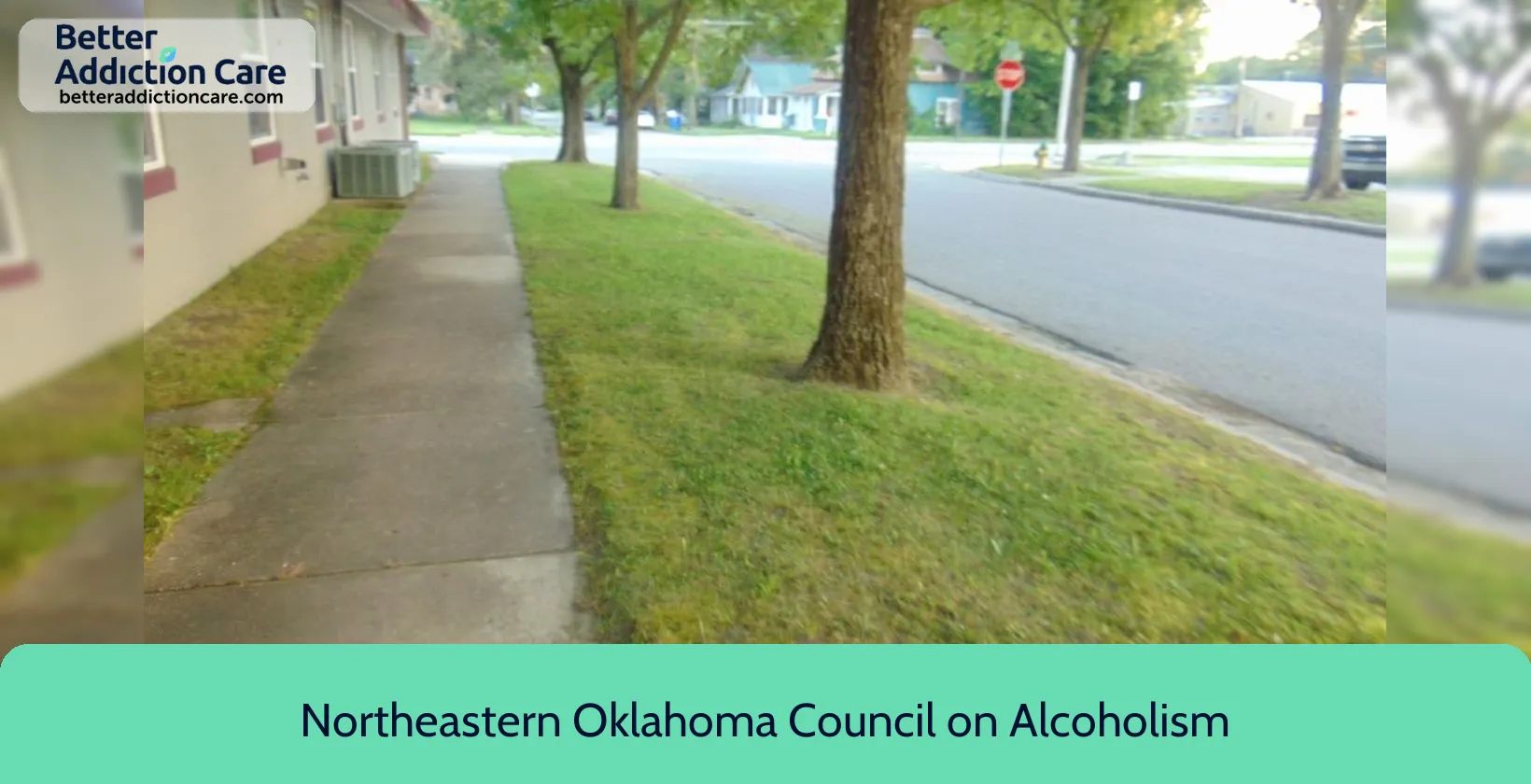
6.83
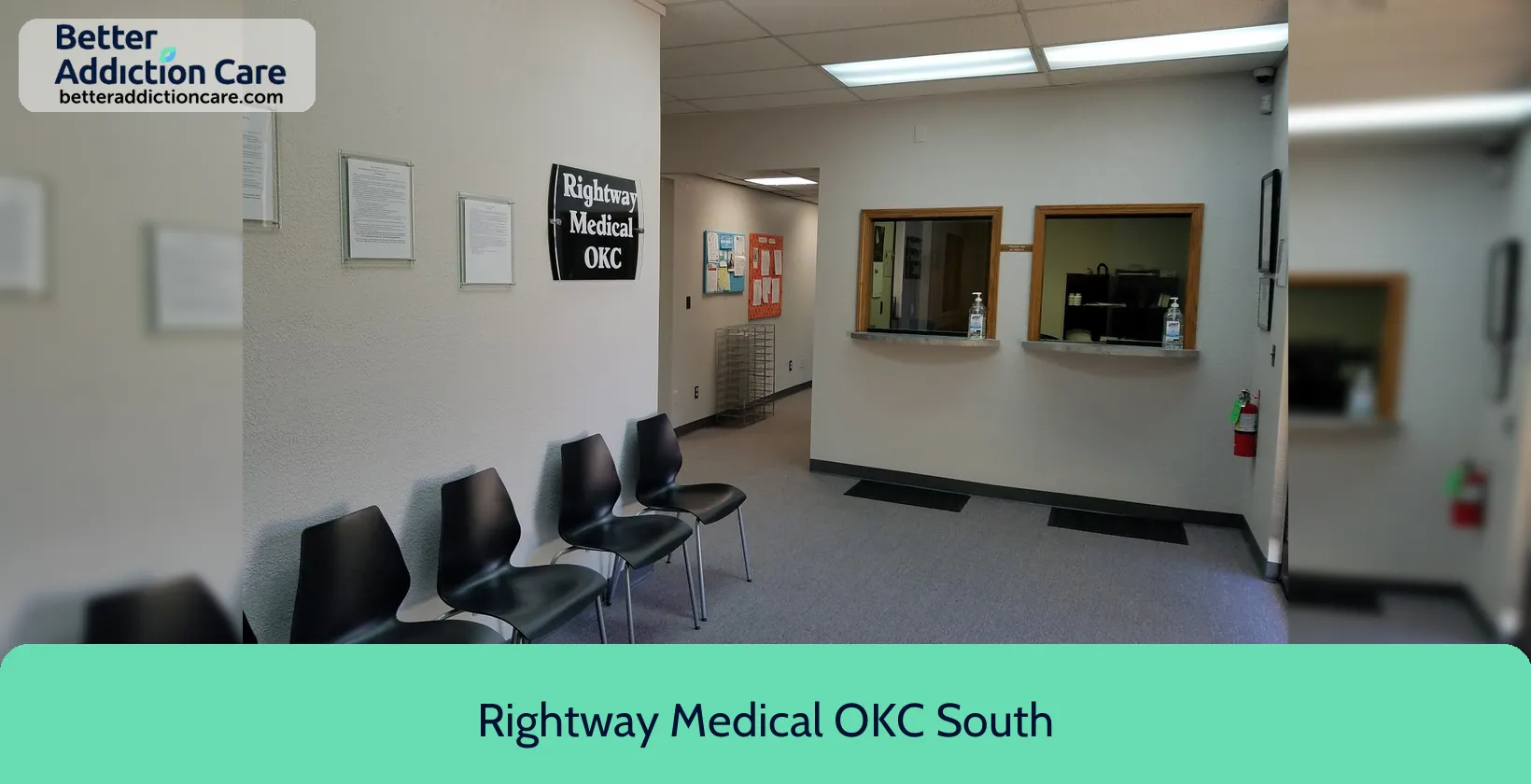
7.36
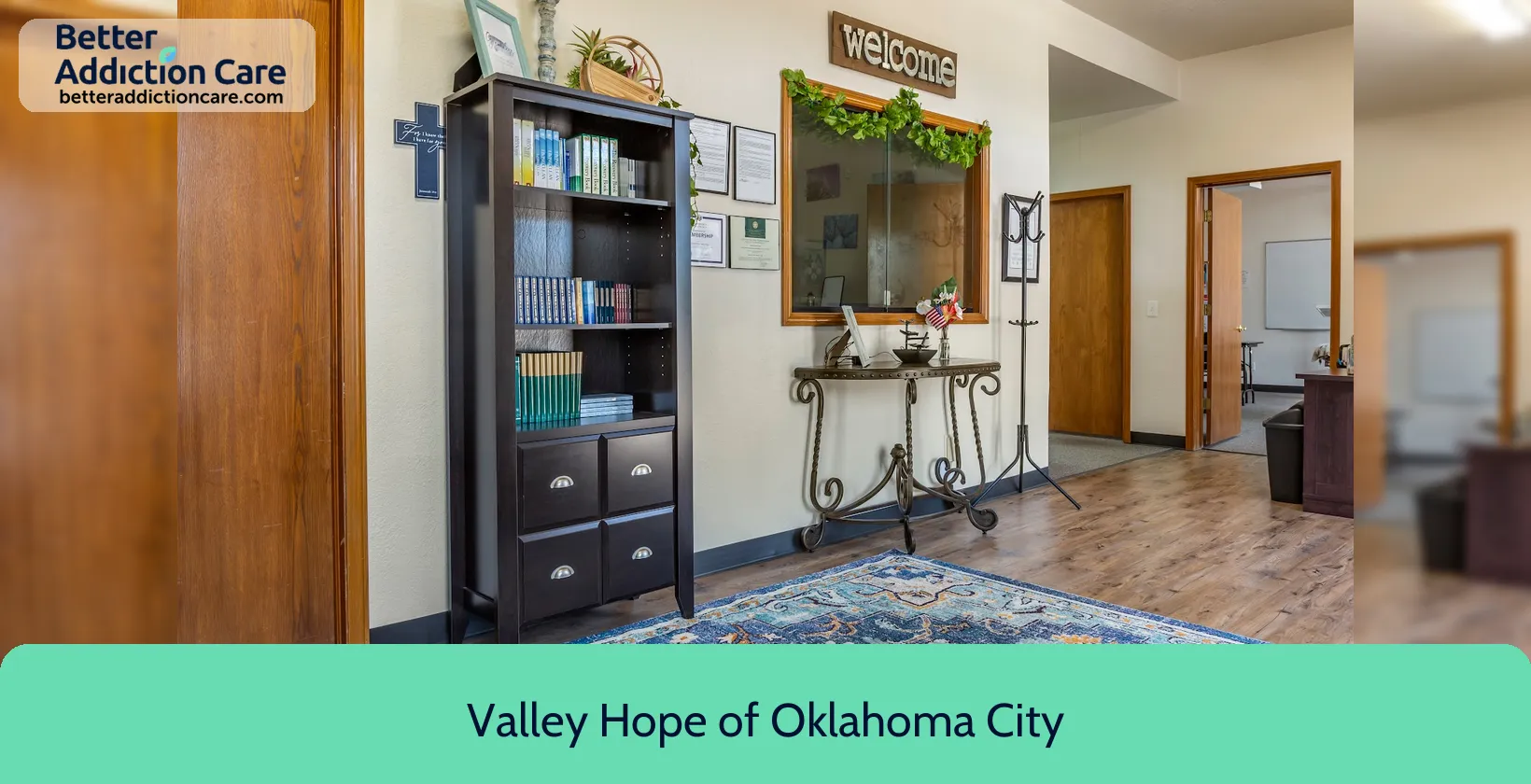
6.86
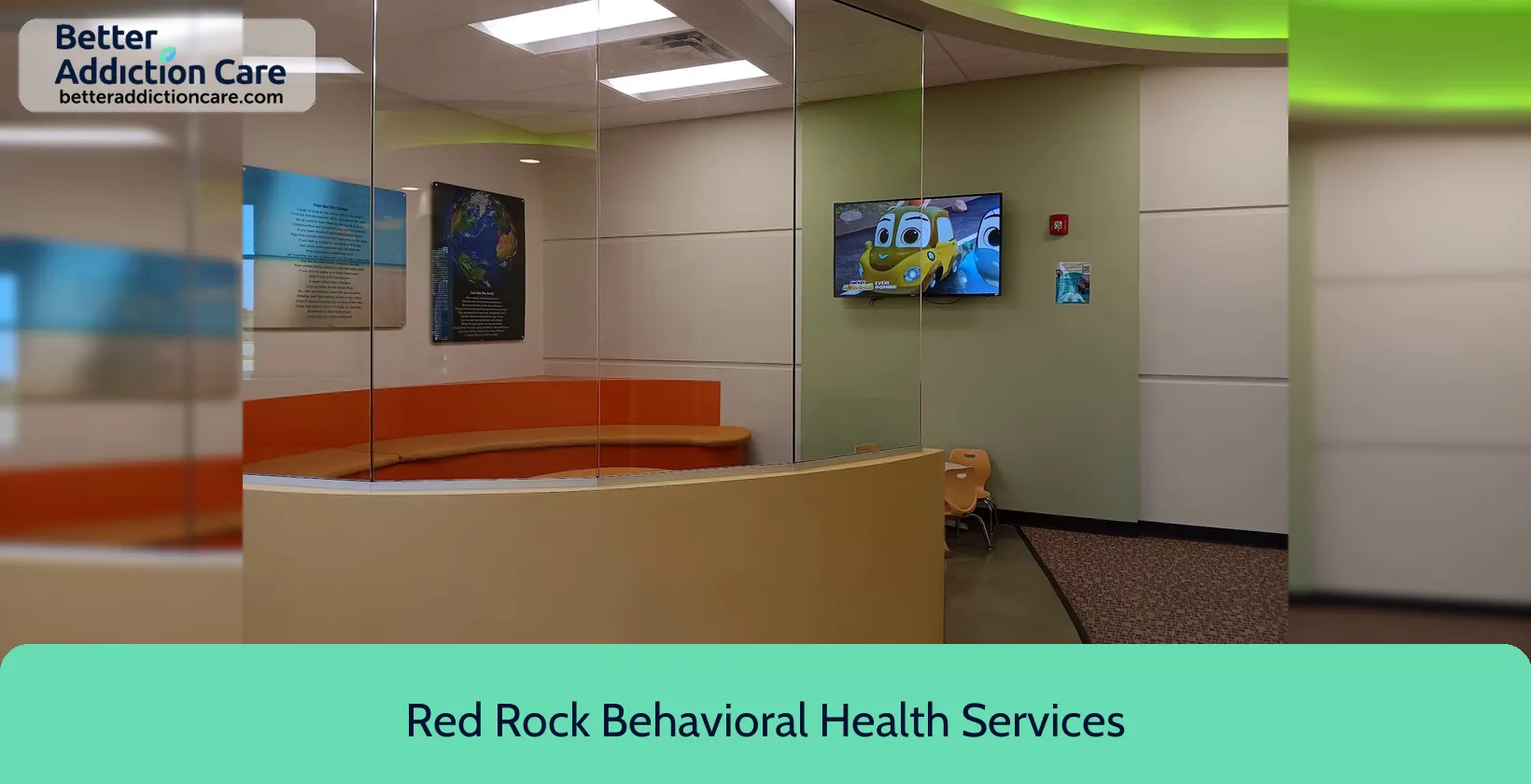
6.59
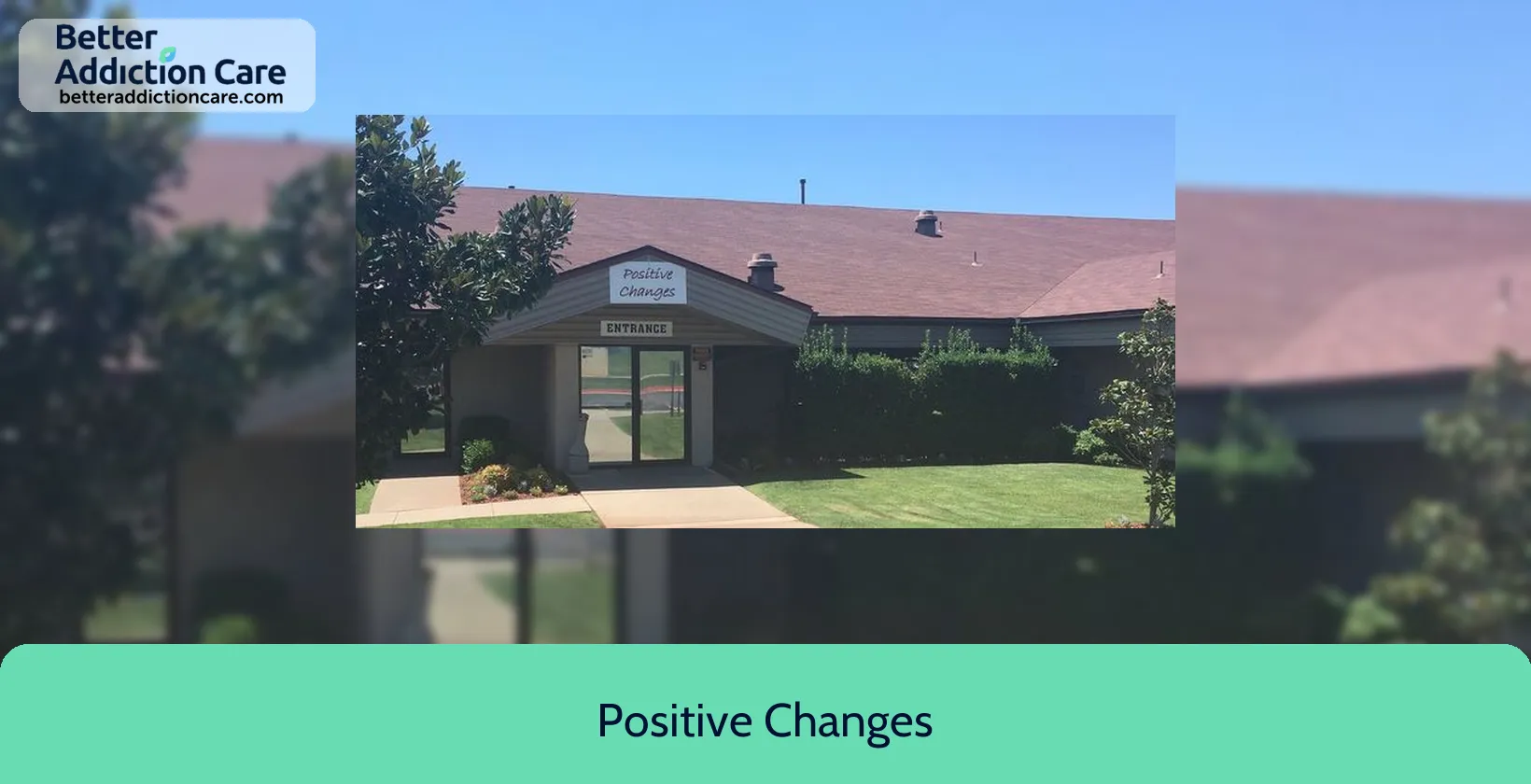
6.65
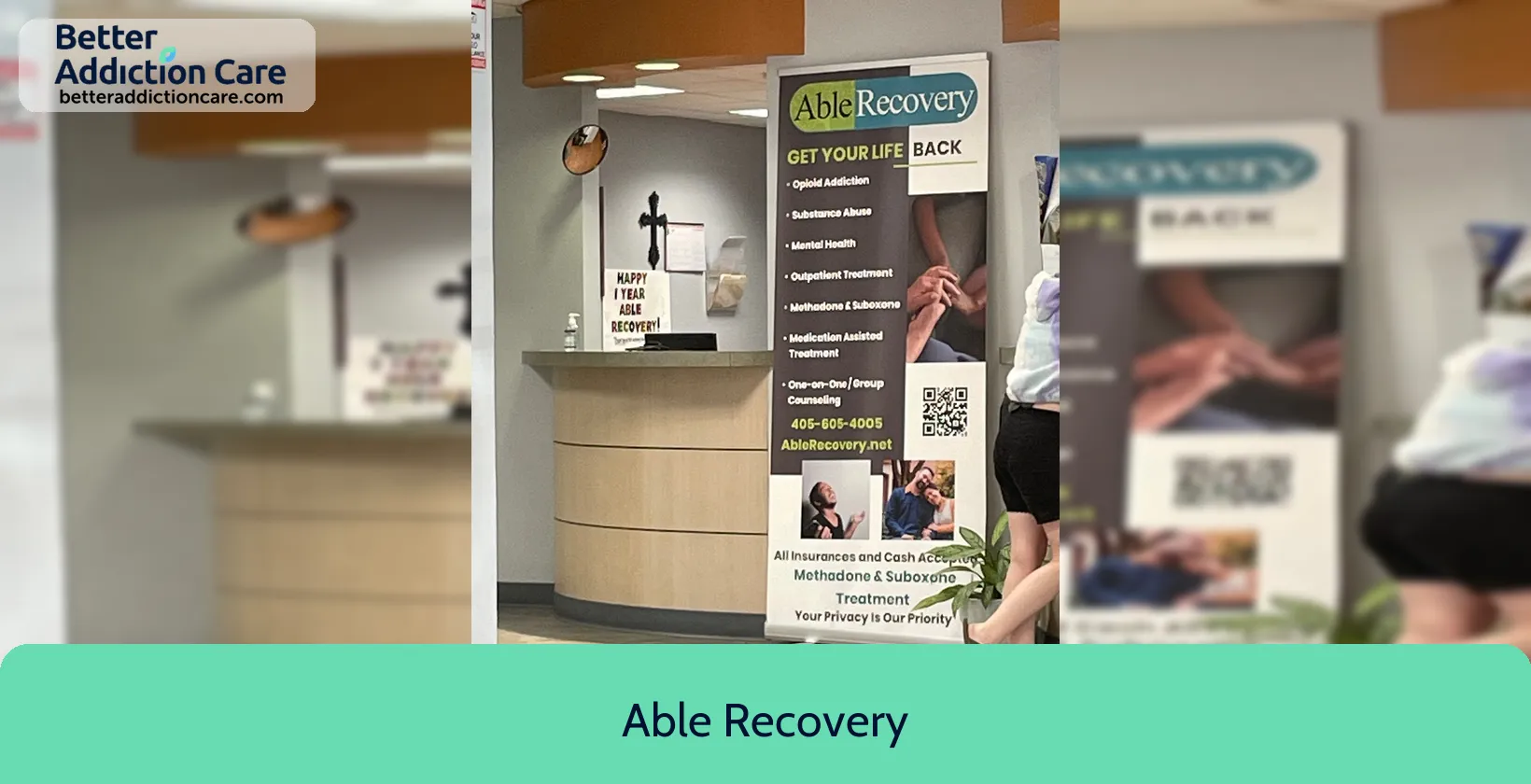
7.40
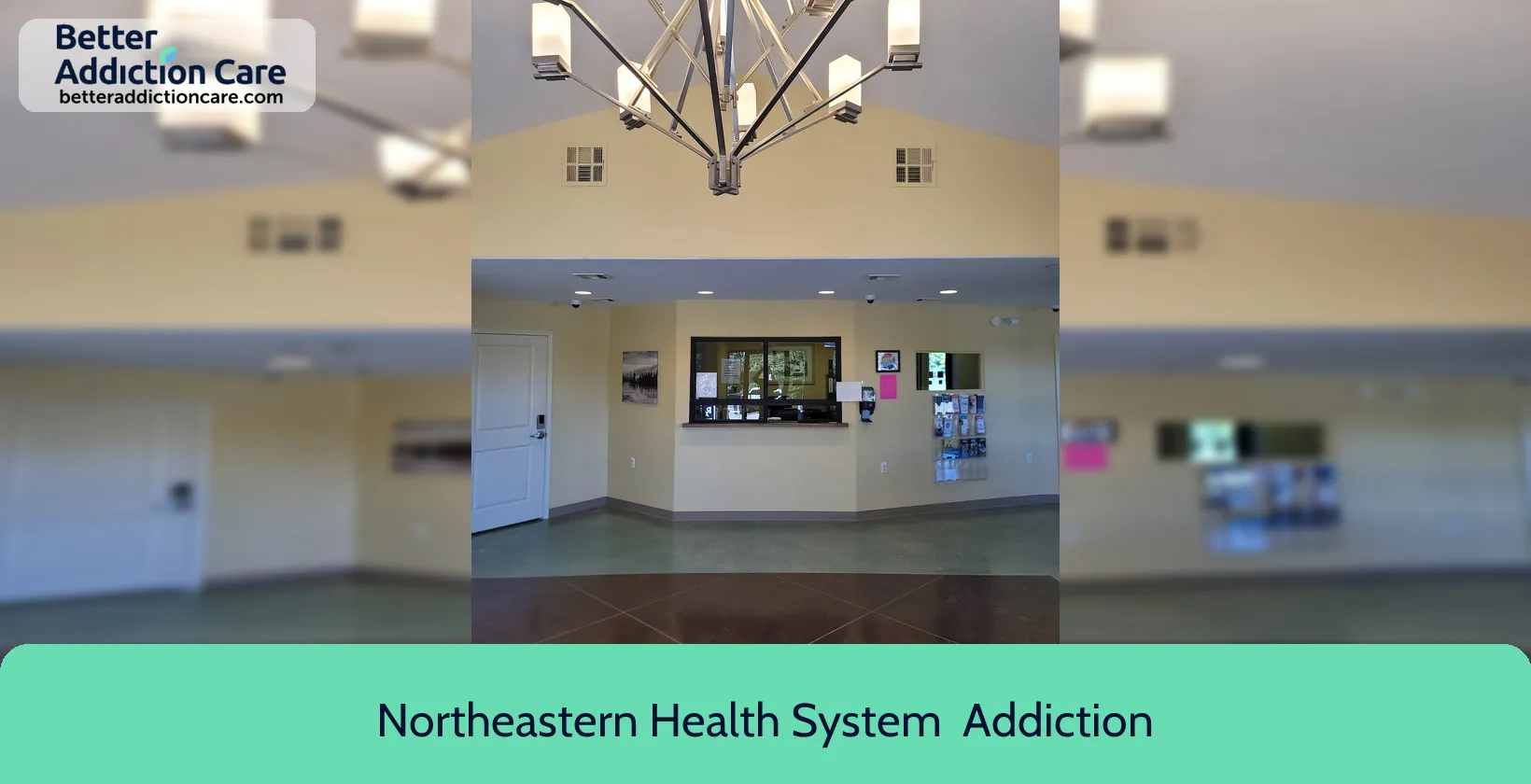
7.80
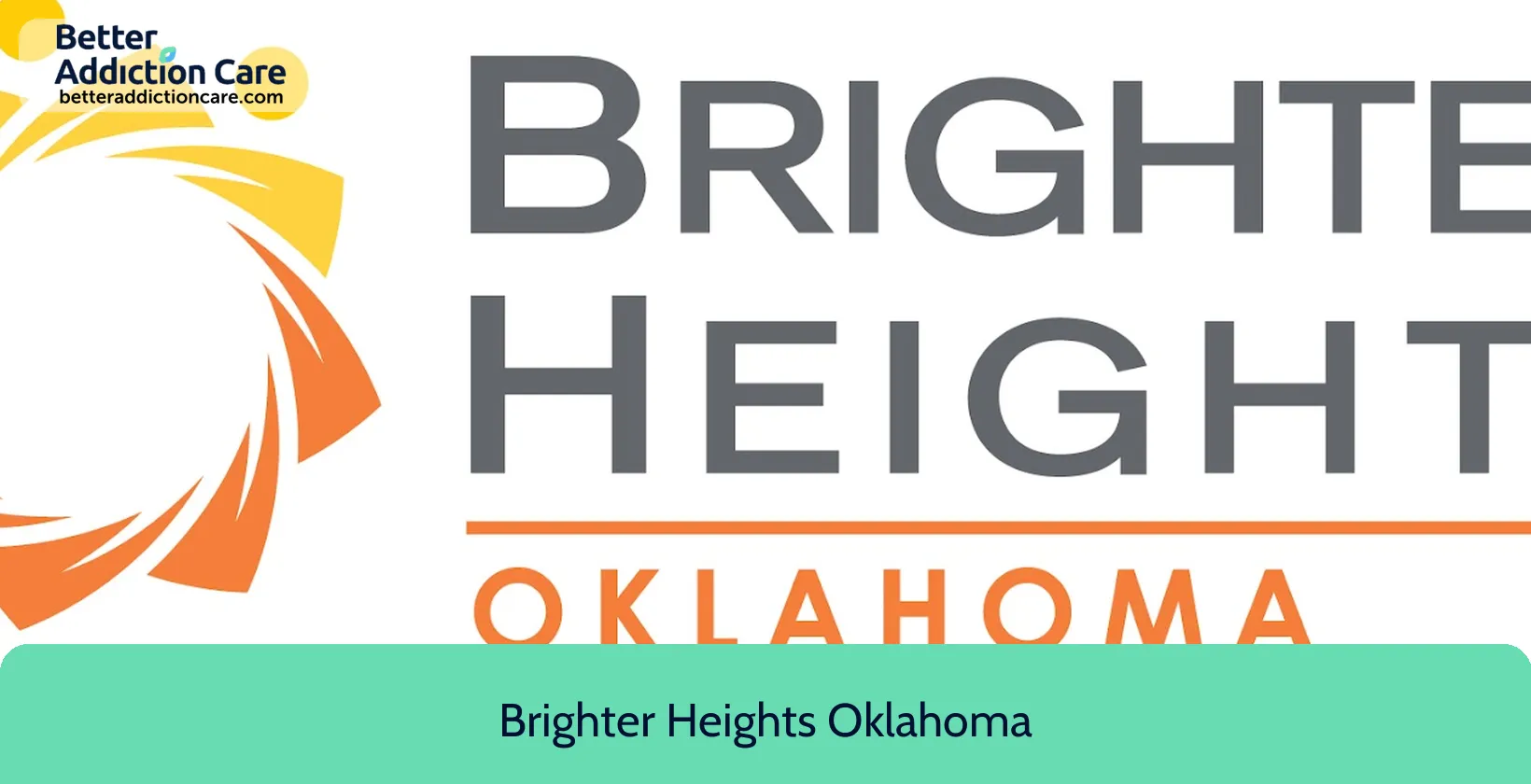
7.02
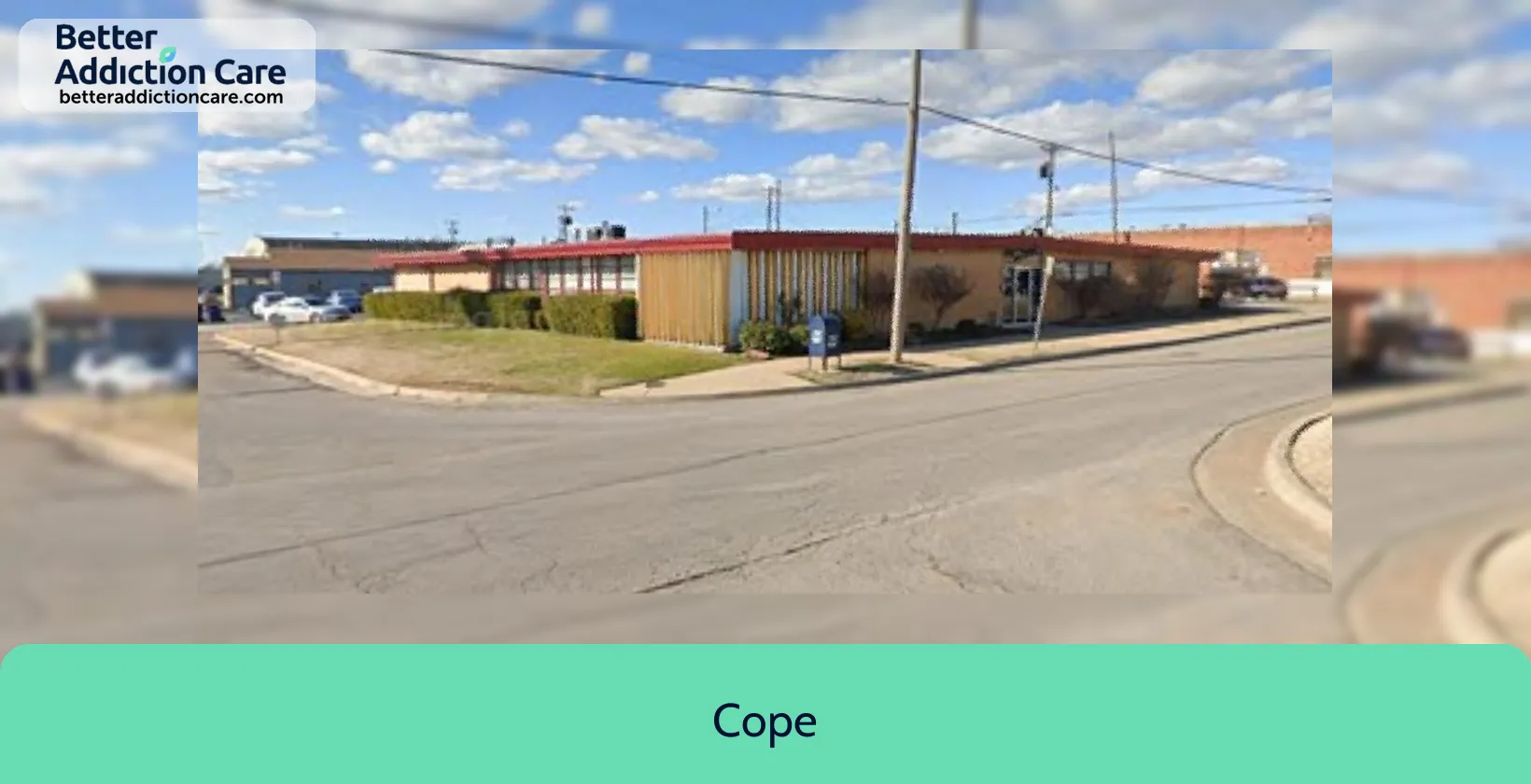
7.23
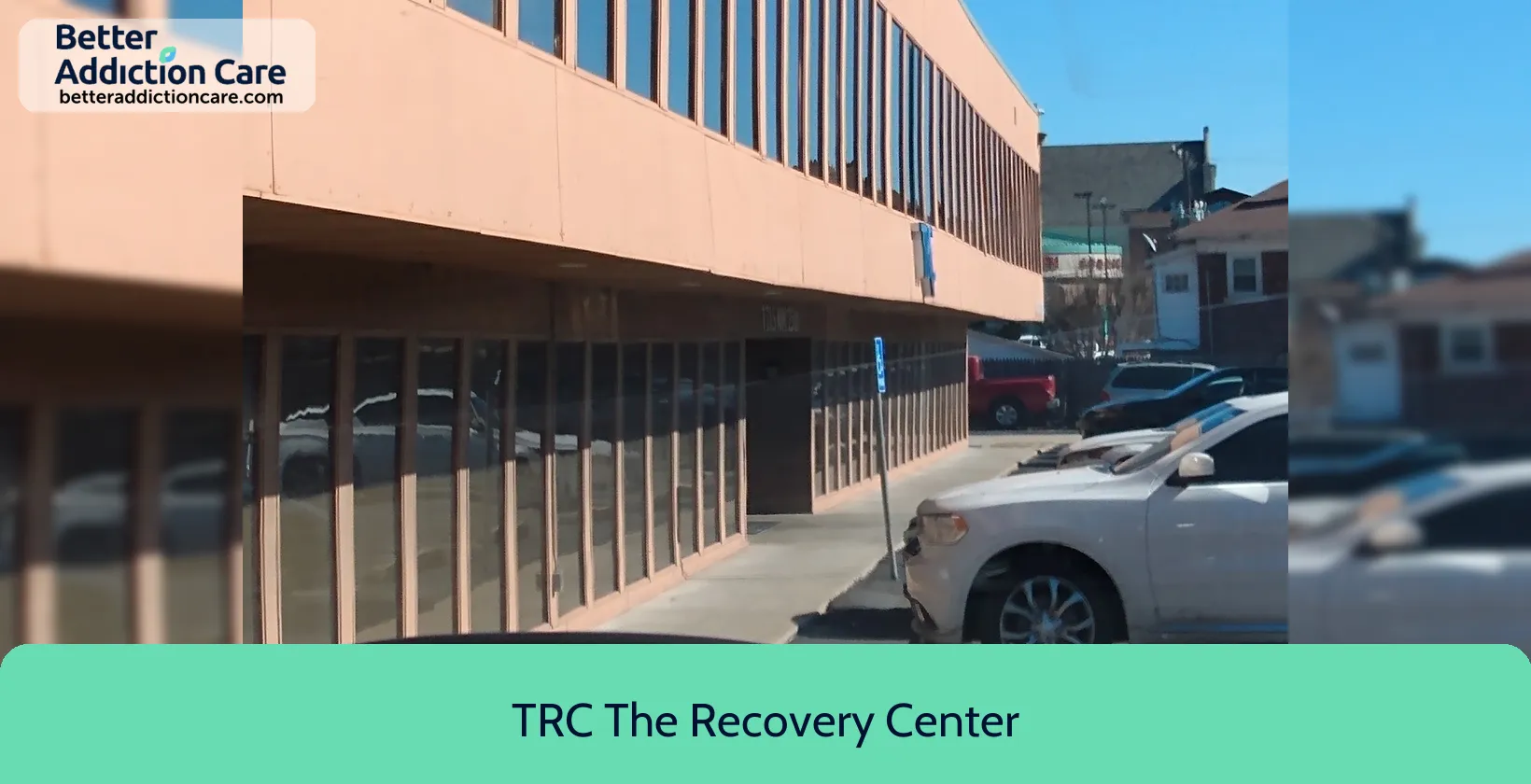
7.42
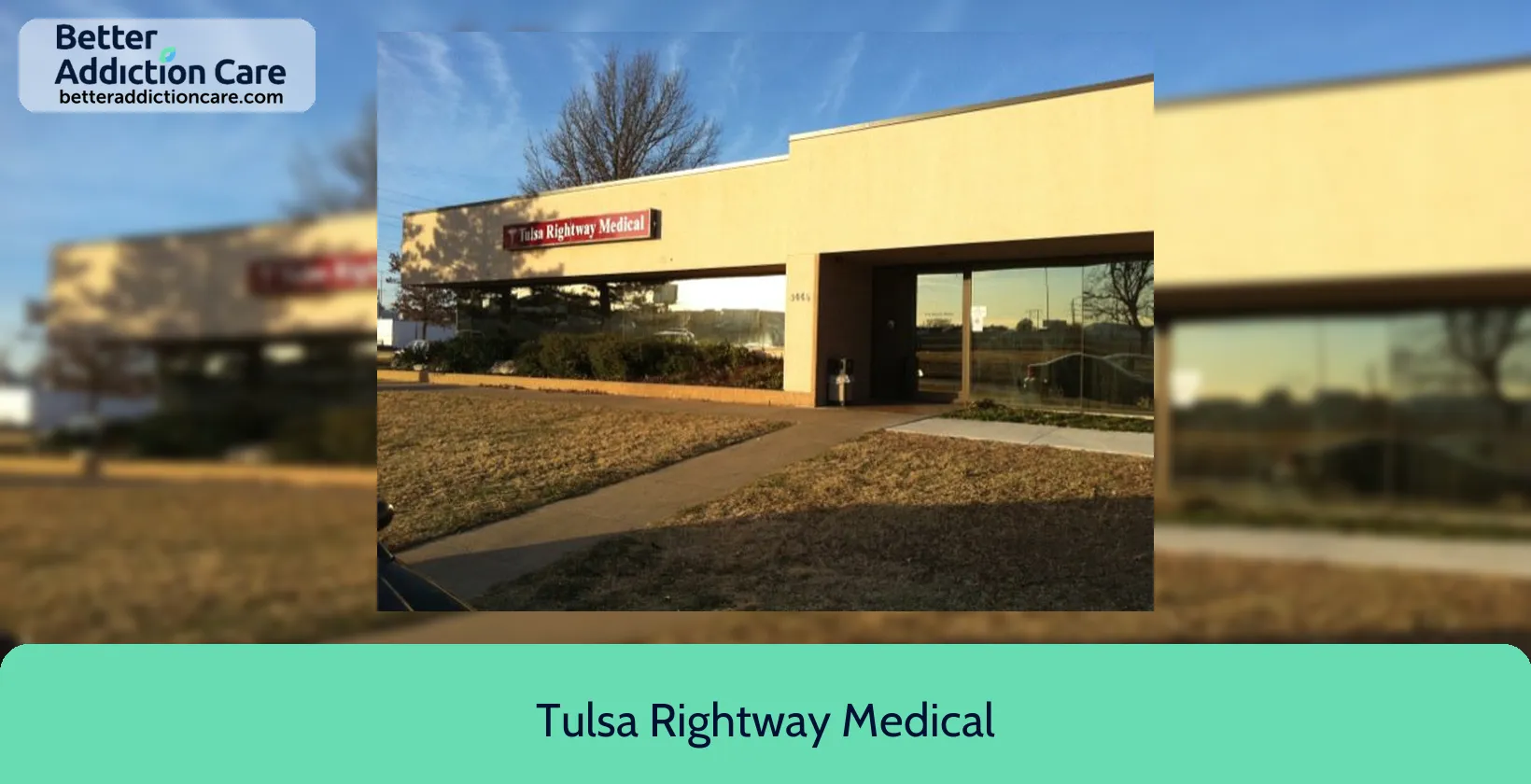
6.99
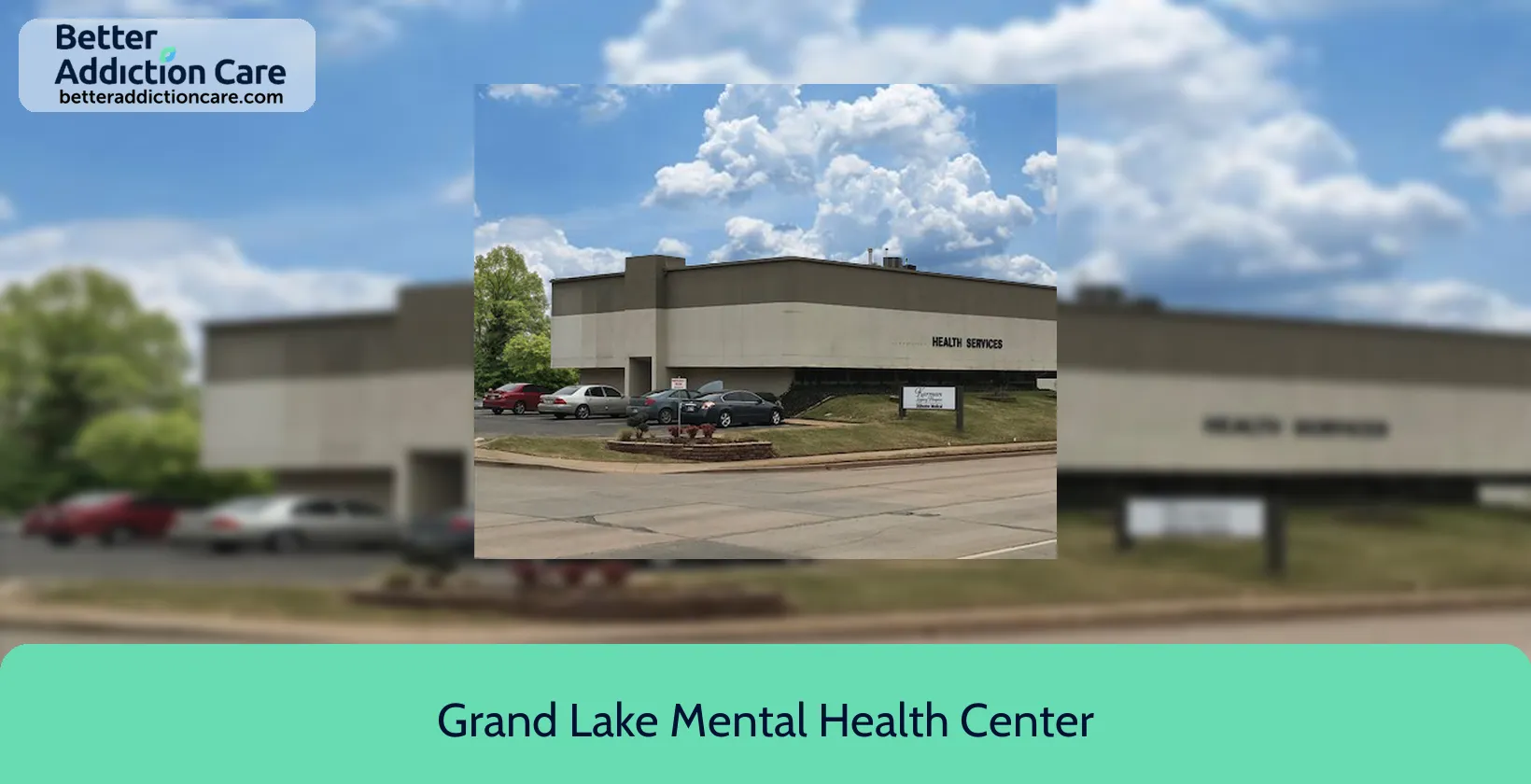
7.22
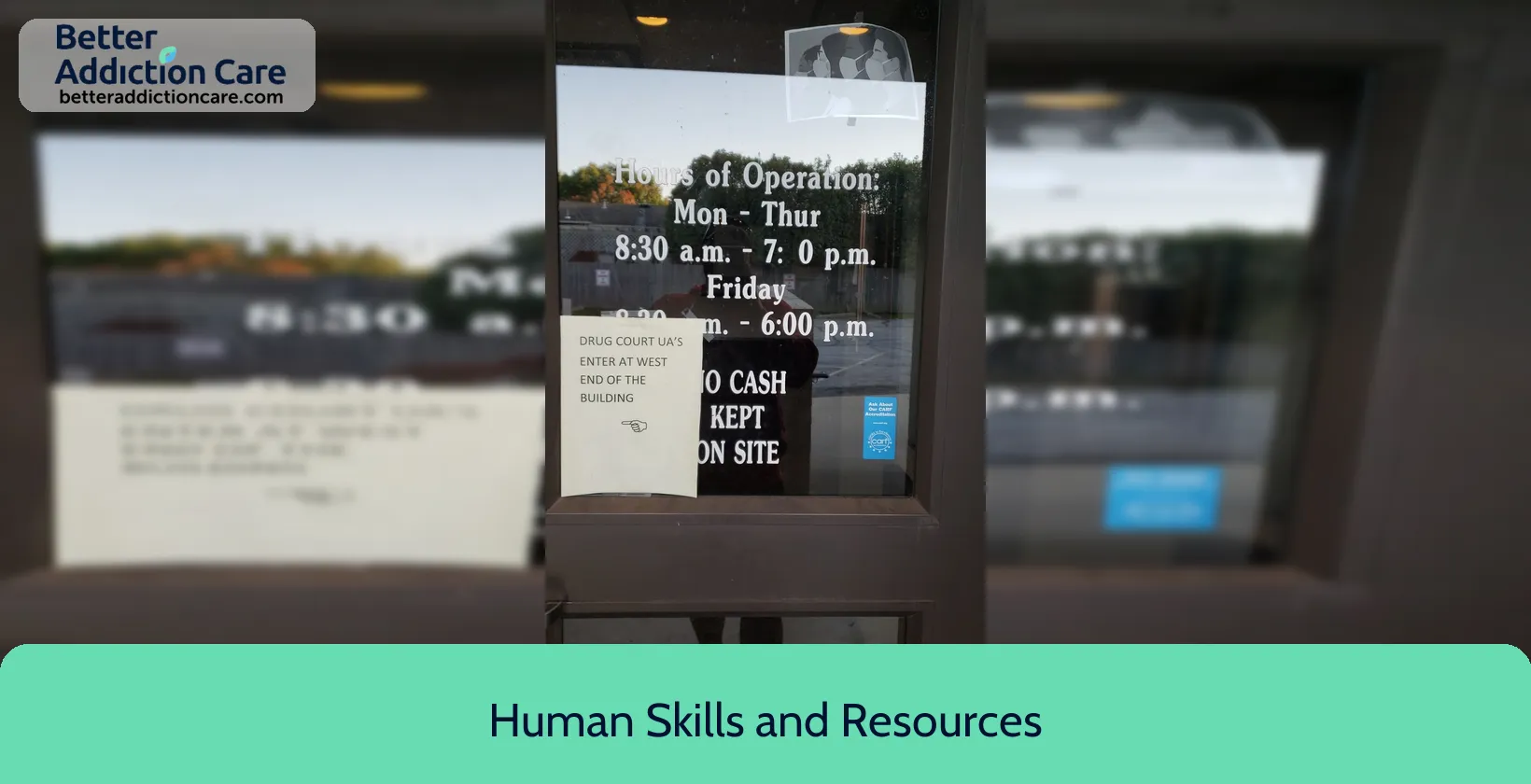
7.25
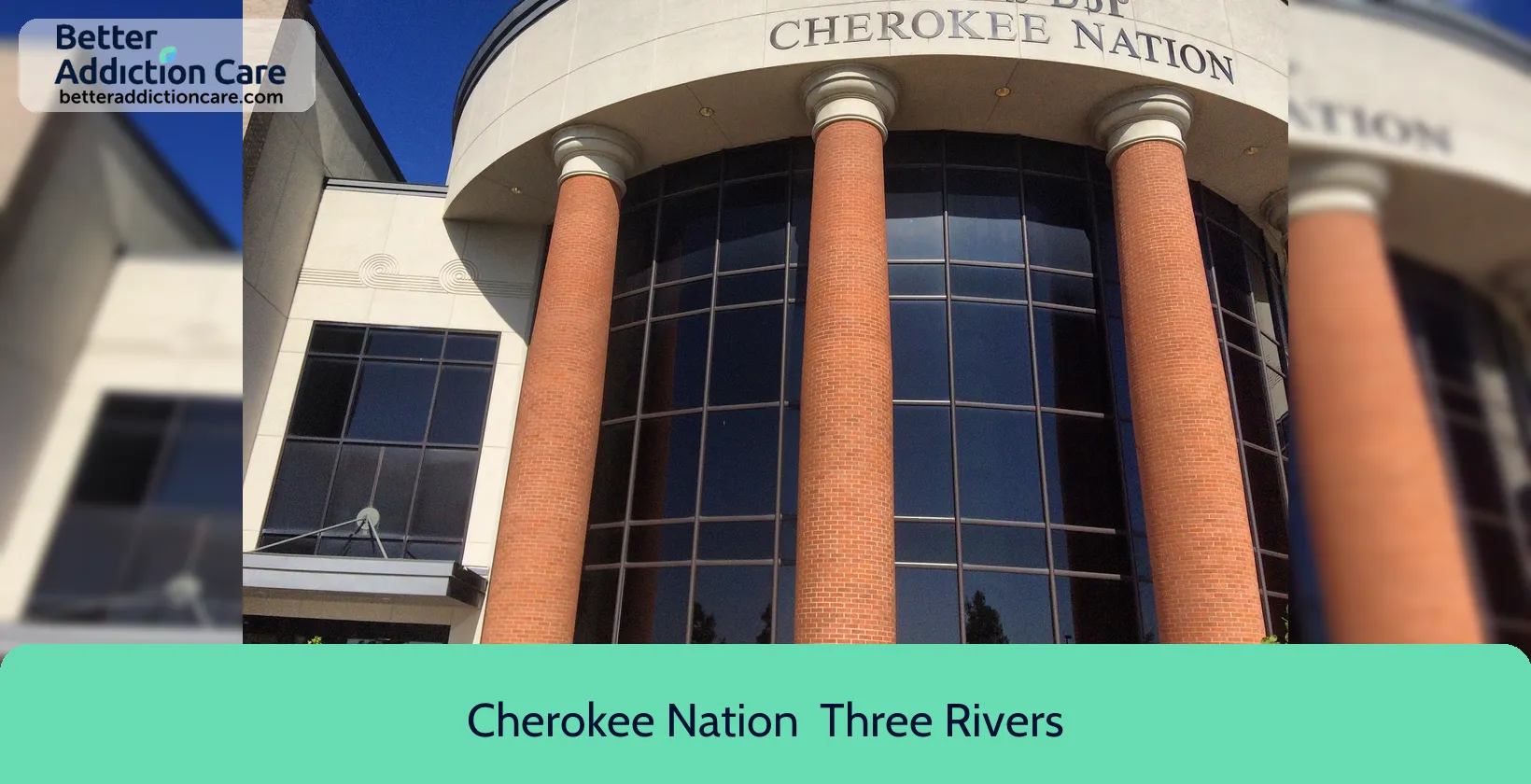
7.26
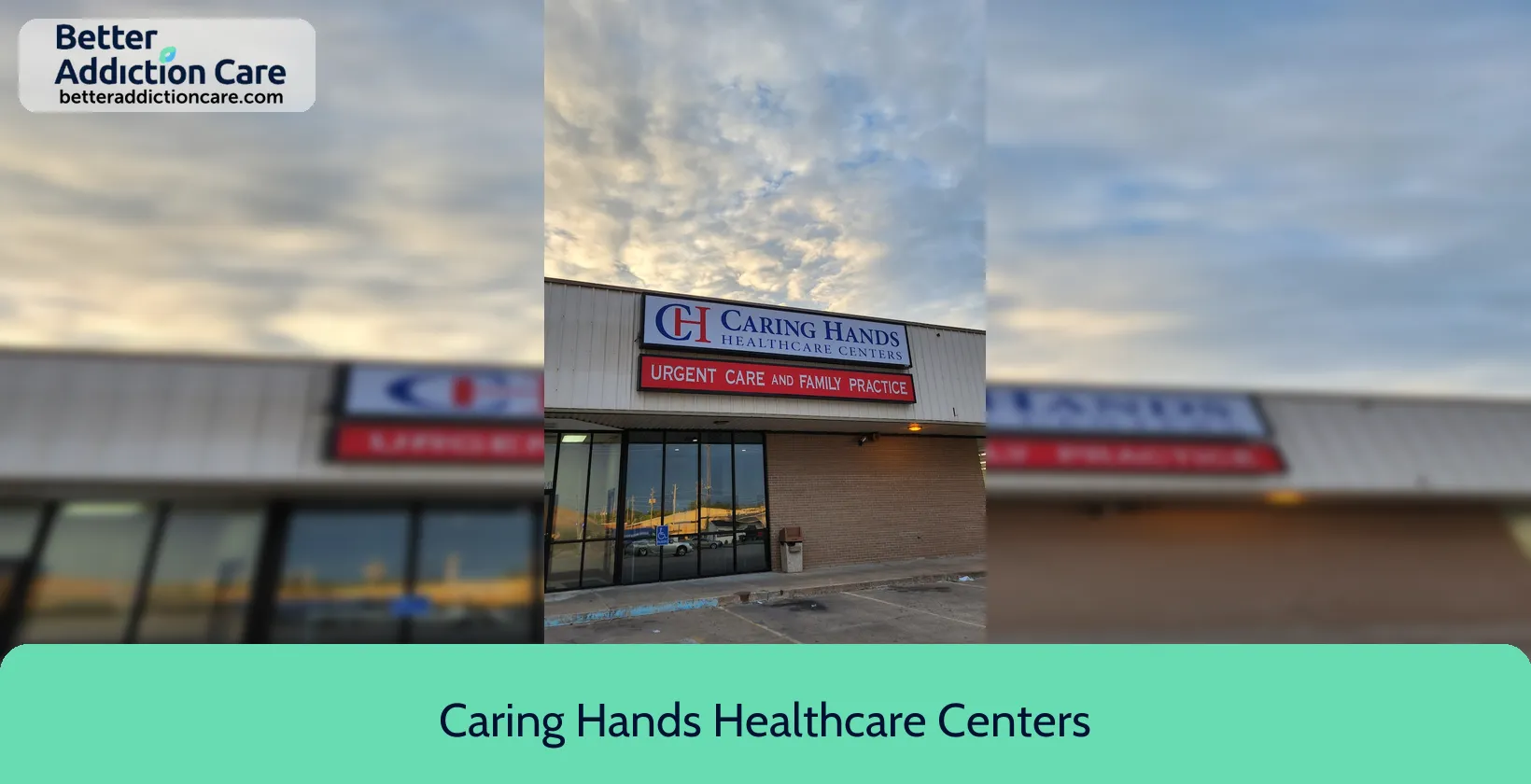
6.71

6.68

6.65
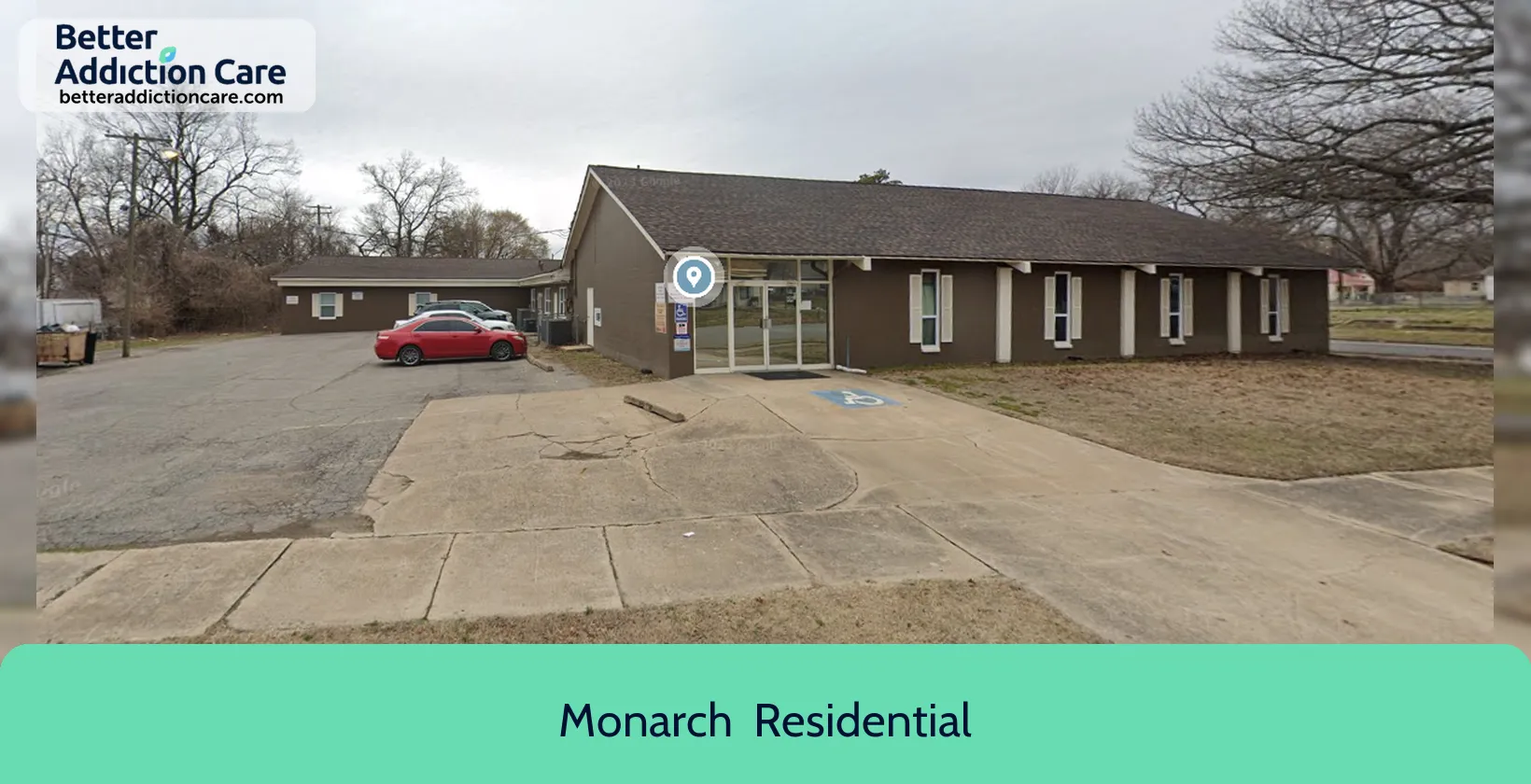
7.05

6.83
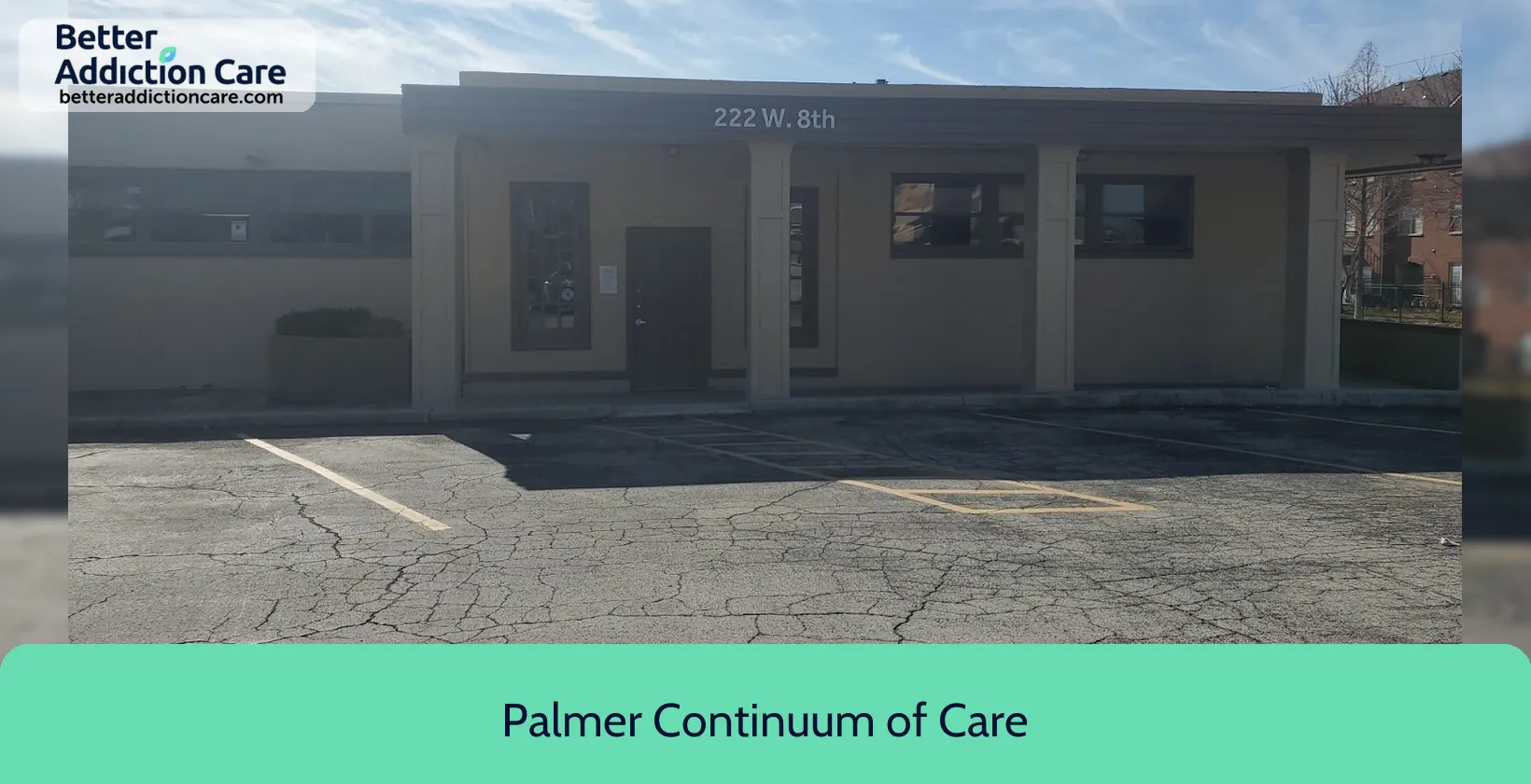
6.80
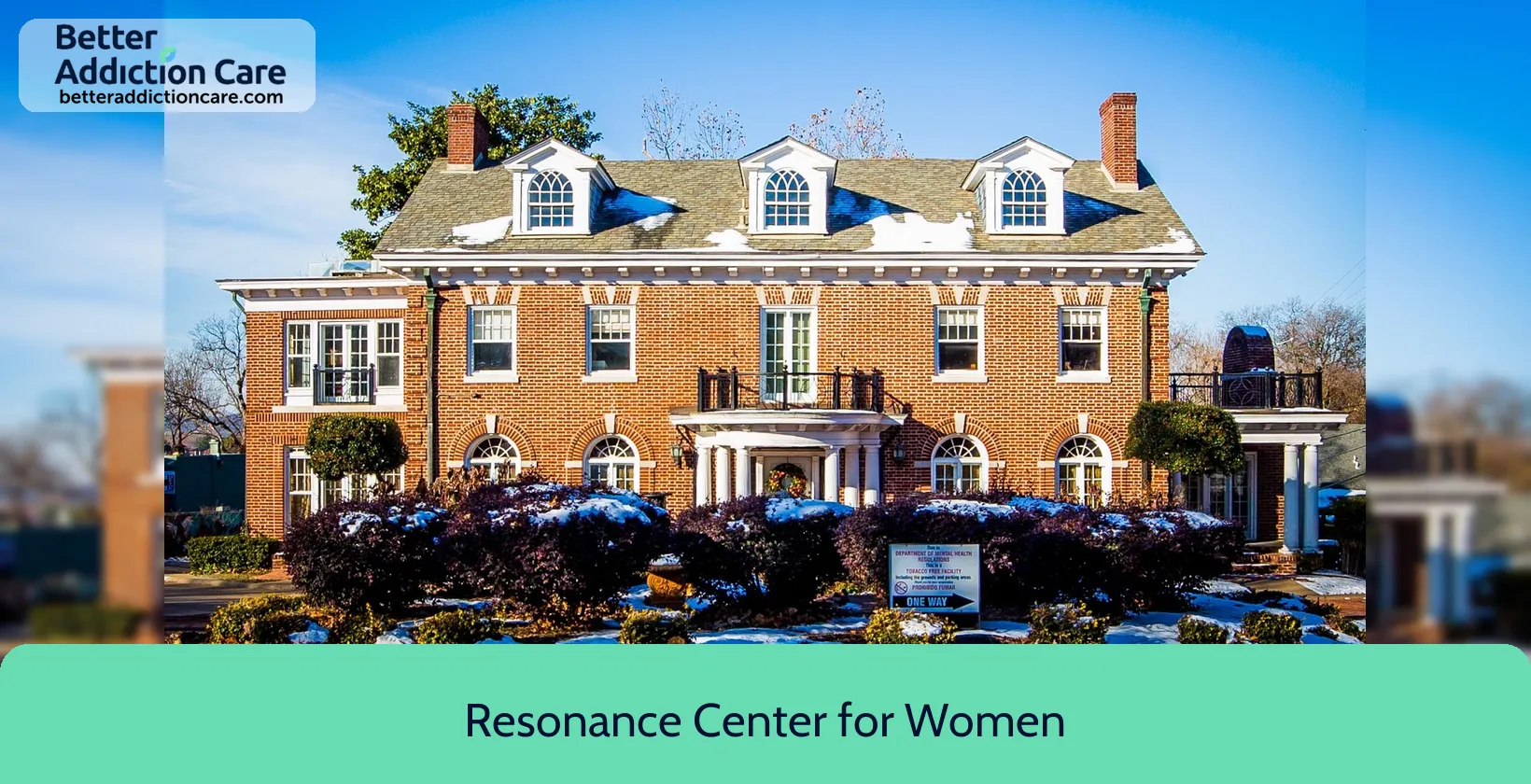
7.00

7.00

6.91

7.23

6.97

6.71

6.56

6.77

7.08

6.62

6.59
Substance abuse and Mental Health facilities Report for Oklahoma
5th
Cheapest To Most Expensive State Rank
218
Substance Abuse Facilities
23,332
Number of Patients Annually
22,233
Annual Enrollments
$37M
Spent on Outpatient Services (Million)
$1,704.00
Avg Outpatient Rehab Cost
1,048
Residential Admissions
$57M
Spent on Residential Treatment (Million)
$54,475.00
Residential Rehab Pay (Up To)
51
Total Patients
10
Free Drug Rehab Facilities
Alcoholism, Drug Abuse, Mental Health, and Treatment in Oklahoma
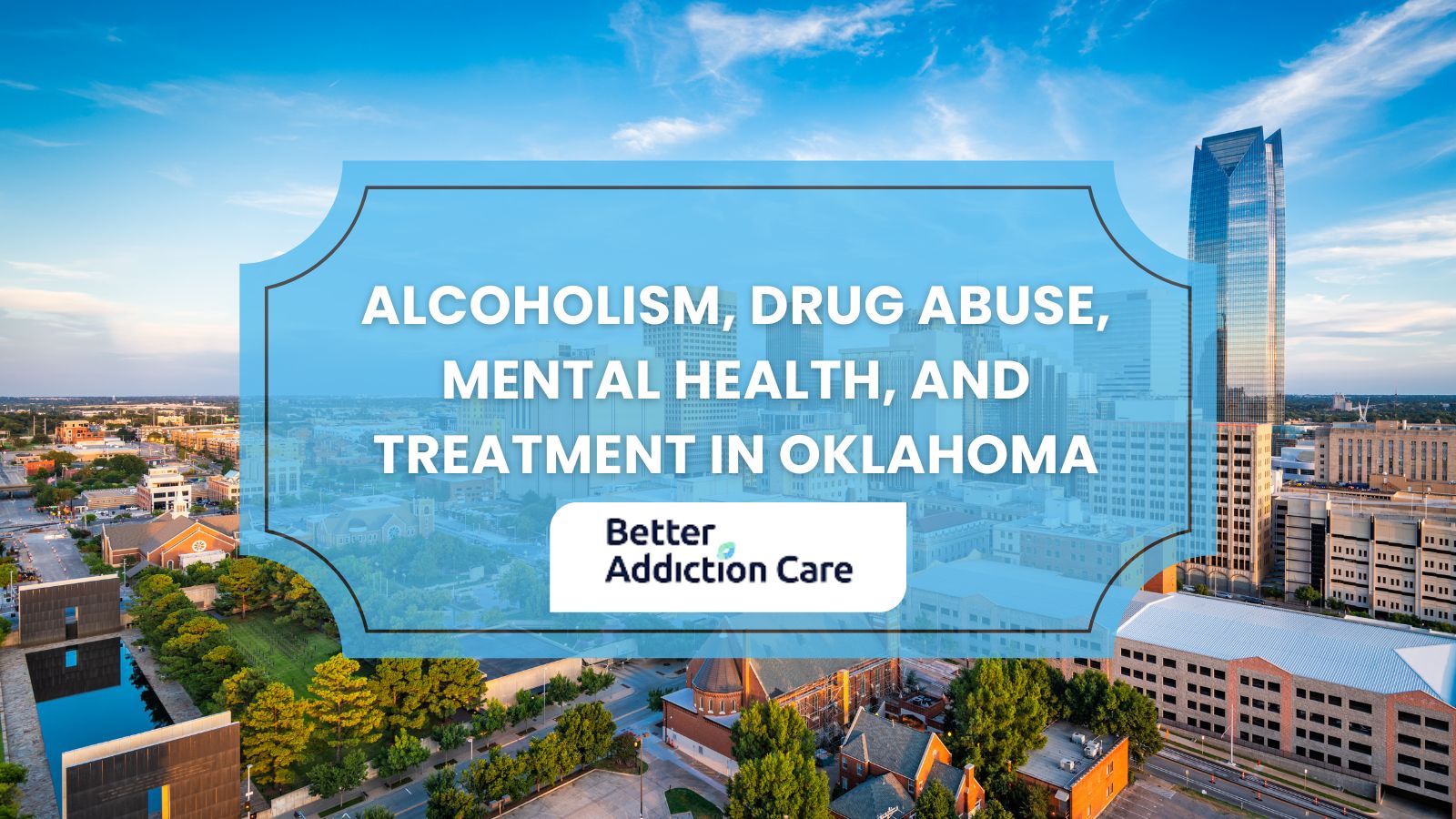
What are the main addictions people in Oklahoma suffer from?
The main addictions people in Oklahoma suffer from include:
- Alcohol Addiction: 580,000 individuals aged 12 or older reported using alcohol in the past month, equates to 40.86%. 365,000 (63%) male and 215,000 (37%) female have alcohol addiction in the state of Oklahoma.
- Illicit Drug Addiction: 250,000 individuals aged 12 or older reported using Illicit Drugs in the past month, equates to 18.66%. 160,000 (64%) males and 90,000 (36%) females have Illicit Drug addiction
- Opioid Addiction: 35,000 individuals aged 12 or older reported using Opioids in the past month, equates to 20.20%. 21,000 (60%) males and 14,000 (40%) females have Opioid addiction.
- Prescription Drug Addiction: 115,000 individuals aged 12 or older reported using Prescription drugs in the past month, equates to 3.82%. 69,000 (60%) males and 46,000 (40%) females have Prescription drug addiction.
- Methamphetamine Addiction: 60,000 individuals aged 12 or older reported misusing methamphetamine in the past month, equates to 1.41%. 39,000 (65%) males and 21,000 (35%) females have Methamphetamine addiction.
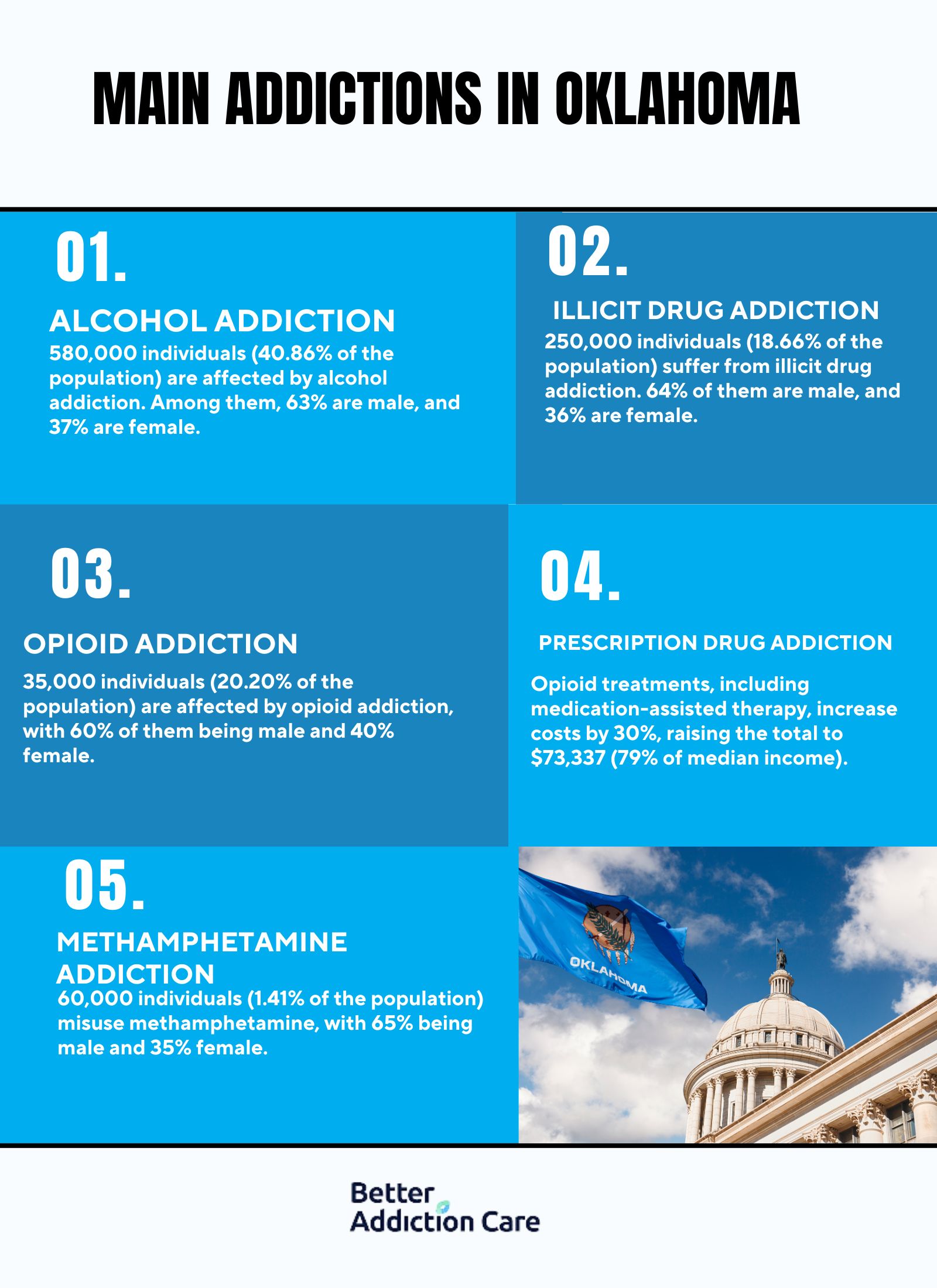
What is the cost of rehab centers in Oklahoma?
The cost of rehab centers in Oklahoma is $19,000. The cost of a 30-day inpatient program is $18,158, which equates to $605.28 per day. Outpatient programs, which are less intensive, cost $1,704 for a 30-day program, or $56.80 per day.
The cost of rehab centers in Oklahoma varies based on the type of program and specific factors like addiction type, treatment duration, and amenities offered. Certain addictions, such as opioid addiction, increase costs due to the inclusion of medication-assisted treatments. For example, methadone treatments cost between $250 and $800 per day, averaging about $5,000 for three months, which represents a 40% increase compared to the standard outpatient average cost. Medical detoxification for severe addictions is the most expensive, averaging $134,301, which is a substantial increase from standard inpatient care, representing over a 600% increase.
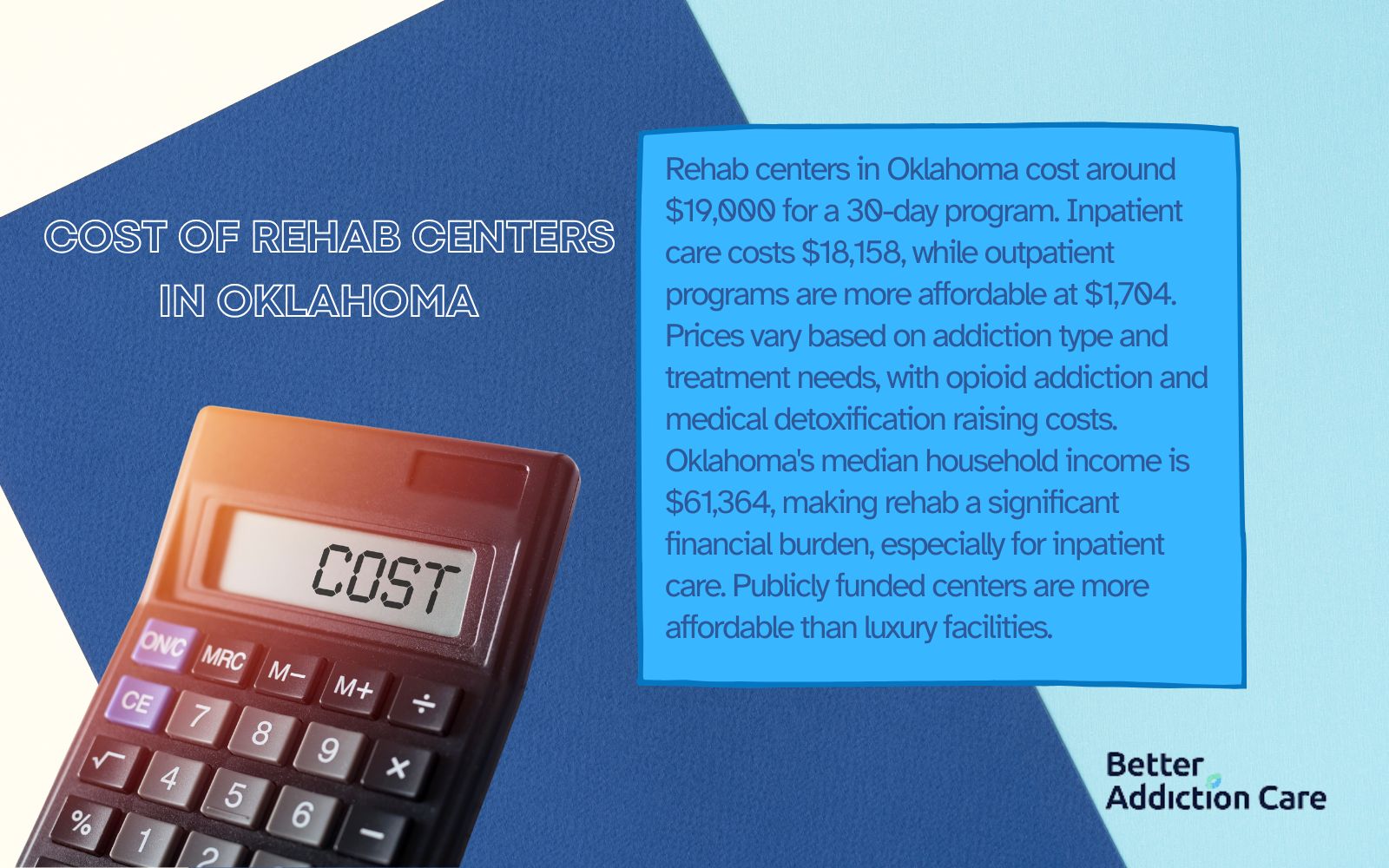
Oklahoma's median household income is $61,364, the cost of rehab centers constitute 30%. The outpatient program cost constitutes 3% of the income, while inpatient programs take up to 31%, reflecting the significant financial burden of rehab. The affordability of rehab services depends on the type of facility, as publicly funded centers are less expensive, whereas luxury rehab centers charge premium rates for enhanced amenities and services.
What is the cost of LGBTQ+ rehab centers in Oklahoma?
The cost of LGBTQ+ rehab centers in Oklahoma is $18,500. The cost of a 30-day inpatient program is $18,158, which equates to $605.28 per day. Outpatient programs, which are less intensive, cost $1,704 for a 30-day program, or $56.80 per day.
The cost of LGBTQ+ rehab centers in Oklahoma varies based on the type of program and specific factors like addiction type, treatment duration, and amenities offered. Certain addictions, such as opioid addiction, increase costs due to the inclusion of medication-assisted treatments. For example, methadone treatments in LGBTQ+ rehab cost between $250 and $800 per day, averaging $5,000 for three months, which represents a 40% increase compared to the standard outpatient average cost. Medical detoxification for severe addictions is the most expensive, averaging $134,301, which is a substantial increase from standard inpatient care, representing over a 600% increase.
Oklahoma's median household income is $61,364, the cost of LGBTQ+ rehab centers constitute 30%. The outpatient program cost constitutes 3% of the income, while inpatient programs take up to 30%, reflecting the significant financial burden of rehab. The affordability of rehab services depends on the type of facility, as publicly funded centers are less expensive, whereas luxury rehab centers charge premium rates for enhanced amenities and services.
What is the cost of Faith-Based rehab centers in Oklahoma?
The cost of Faith-Based rehab centers in Oklahoma is $18,780. The cost of a 30-day inpatient program is $18,158, which equates to $605.28 per day. Outpatient programs, which are less intensive, cost $1,704 for a 30-day program, or $56.80 per day.
The cost of Faith-Based rehab centers in Oklahoma varies based on the type of program and specific factors like addiction type, treatment duration, and amenities offered. Certain addictions, such as opioid addiction, increase costs due to the inclusion of medication-assisted treatments. For example, methadone treatments cost at Faith-Based rehab center is between $250 and $800 per day, averaging $5,000 for three months, which represents a 40% increase compared to the standard outpatient average cost. Medical detoxification for severe addictions is the most expensive, averaging $134,301, which is a substantial increase from standard inpatient care, representing over a 600% increase.
Oklahoma's median household income is $61,364, the cost of Faith-Based rehab centers constitute 30.6%. The outpatient program cost constitutes 3% of the income, while inpatient programs take up to 30%, reflecting the significant financial burden of rehab. The affordability of rehab services depends on the type of facility, as publicly funded centers are less expensive, whereas luxury rehab centers charge premium rates for enhanced amenities and services.
What is the cost of Men-Only rehab centers in Oklahoma?
The cost of Men-Only rehab centers in Oklahoma is $17,900. The cost of a 30-day inpatient program is $18,158, which equates to $605.28 per day. Outpatient programs, which are less intensive, cost $1,704 for a 30-day program, or $56.80 per day.
The cost of Men-Only rehab centers in Oklahoma varies based on the type of program and specific factors like addiction type, treatment duration, and amenities offered. Certain addictions, such as opioid addiction, increase costs due to the inclusion of medication-assisted treatments. For example, methadone treatments cost at Men-Only rehab centers is between $250 and $800 per day, averaging $5,000 for three months, which represents a 40% increase compared to the standard outpatient average cost. Medical detoxification for severe addictions is the most expensive, averaging $134,301, which is a substantial increase from standard inpatient care, representing over a 600% increase.
Oklahoma's median household income is $61,364, the cost of Men-Only rehab centers constitute 29%. The outpatient program cost constitutes 3% of the income, while inpatient programs take up to 30%, reflecting the significant financial burden of rehab. The affordability of rehab services depends on the type of facility, as publicly funded centers are less expensive, whereas luxury rehab centers charge premium rates for enhanced amenities and services.
What is the cost of Women-Only rehab centers in Oklahoma?
The cost of Women-Only rehab centers in Oklahoma is $17,500. The cost of a 30-day inpatient program is $18,158, which equates to $605.28 per day. Outpatient programs, which are less intensive, cost $1,704 for a 30-day program, or $56.80 per day.
The cost of Women-Only rehab centers in Oklahoma varies based on the type of program and specific factors like addiction type, treatment duration, and amenities offered. Certain addictions, such as opioid addiction, increase costs due to the inclusion of medication-assisted treatments. For example, methadone treatments cost at Women-Only rehab centers is between $250 and $800 per day, averaging $5,000 for three months, which represents a 40% increase compared to the standard outpatient average cost. Medical detoxification for severe addictions is the most expensive, averaging $134,301, which is a substantial increase from standard inpatient care, representing over a 600% increase.
Oklahoma's median household income is $61,364, the cost of Women-Only rehab centers constitute 28%. The outpatient program cost constitutes 3% of the income, while inpatient programs take up to 30%, reflecting the significant financial burden of rehab. The affordability of rehab services depends on the type of facility, as publicly funded centers are less expensive, whereas luxury rehab centers charge premium rates for enhanced amenities and services.
What is the cost of Teen rehab centers in Oklahoma?
The cost of Teen rehab centers in Oklahoma is $18,900. The cost of a 30-day inpatient program is $18,158, which equates to about $605.28 per day. Outpatient programs, which are less intensive, cost $1,704 for a 30-day program, or about $56.80 per day.
The cost of Teen rehab centers in Oklahoma varies based on the type of program and specific factors like addiction type, treatment duration, and amenities offered. Certain addictions, such as opioid addiction, increase costs due to the inclusion of medication-assisted treatments. For example, methadone treatments cost at Teen Rehab centers is between $250 and $800 per day, averaging $5,000 for three months, which represents a 40% increase compared to the standard outpatient average cost. Medical detoxification for severe addictions is the most expensive, averaging $134,301, which is a substantial increase from standard inpatient care, representing over a 600% increase.
Oklahoma's median household income is $61,364, the cost of Teen rehab centers constitute 30.7%. The outpatient program cost constitutes 3% of the income, while inpatient programs take up to 30%, reflecting the significant financial burden of rehab. The affordability of rehab services depends on the type of facility, as publicly funded centers are less expensive, whereas luxury rehab centers charge premium rates for enhanced amenities and services.
What is the cost of Young Adult rehab centers in Oklahoma?
The cost of Young Adult rehab centers in Oklahoma is $18,650. The cost of a 30-day inpatient program is $18,158, which equates to $605.28 per day. Outpatient programs, which are less intensive, cost $1,704 for a 30-day program, or $56.80 per day.
The cost of Young Adult rehab centers in Oklahoma varies based on the type of program and specific factors like addiction type, treatment duration, and amenities offered. Certain addictions, such as opioid addiction, increase costs due to the inclusion of medication-assisted treatments. For example, methadone treatments cost at Young Adult rehab center is between $250 and $800 per day, averaging about $5,000 for three months, which represents a 40% increase compared to the standard outpatient average cost. Medical detoxification for severe addictions is the most expensive, averaging $134,301, which is a substantial increase from standard inpatient care, representing over a 600% increase.
Oklahoma's median household income is $61,364, the cost of Young Adult rehab centers constitute 30.3%. The outpatient program cost constitutes 3% of the income, while inpatient programs take up to 30%, reflecting the significant financial burden of rehab. The affordability of rehab services depends on the type of facility, as publicly funded centers are less expensive, whereas luxury rehab centers charge premium rates for enhanced amenities and services.
What is the cost of Luxury Rehab centers in Oklahoma?
The cost of Luxury rehab centers in Oklahoma is $20,000. The cost of a 30-day inpatient program is $13,500 to $21,000, which equates to $450 to $700 per day. Outpatient programs, which are less intensive, cost $1,704 for a 30-day program, or $56.80 per day.
The cost of Luxury rehab centers in Oklahoma varies based on the type of program and specific factors like addiction type, treatment duration, and amenities offered. Certain addictions, such as opioid addiction, increase costs due to the inclusion of medication-assisted treatments. For example, methadone treatments cost at Luxury rehab centers is between $250 and $800 per day, averaging about $5,000 for three months, which represents a 40% increase compared to the standard outpatient average cost. Medical detoxification for severe addictions is the most expensive, averaging $134,301, which is a substantial increase from standard inpatient care, representing over a 600% increase.
Oklahoma's median household income is $61,364, the cost of Luxury rehab centers constitute 32%. The outpatient program cost constitutes 3% of the income, while inpatient programs take up to 30%, reflecting the significant financial burden of rehab. The affordability of rehab services depends on the type of facility, as publicly funded centers are less expensive, whereas luxury rehab centers charge premium rates for enhanced amenities and services.
What is the cost of Dual Diagnosis rehab centers in Oklahoma?
The cost of Dual Diagnosis rehab centers in Oklahoma is $18,000. The cost of a 30-day inpatient program is $18,158, which equates to $605.28 per day. Outpatient programs, which are less intensive, cost $1,704 for a 30-day program, or $56.80 per day.
The cost of Dual Diagnosis rehab centers in Oklahoma varies based on the type of program and specific factors like addiction type, treatment duration, and amenities offered. Certain addictions, such as opioid addiction, increase costs due to the inclusion of medication-assisted treatments. For example, methadone treatments cost at Dual Diagnosis rehab centers is between $250 and $800 per day, averaging about $5,000 for three months, which represents a 40% increase compared to the standard outpatient average cost. Medical detoxification for severe addictions is the most expensive, averaging $134,301, which is a substantial increase from standard inpatient care, representing over a 600% increase.
Oklahoma's median household income is $61,364, the cost of Dual Diagnosis rehab centers constitute 29%. The outpatient program cost constitutes 3% of the income, while inpatient programs take up to 30%, reflecting the significant financial burden of rehab. The affordability of rehab services depends on the type of facility, as publicly funded centers are less expensive, whereas luxury rehab centers charge premium rates for enhanced amenities and services.
Is drug abuse and addiction a problem in Oklahoma?
Yes, drug abuse and addiction are serious problems in Oklahoma, driven by high opioid overdose rates, increasing methamphetamine use, and widespread prescription drug misuse. Oklahoma consistently ranks among the states with the highest rates of opioid-related deaths, with a significant rise in fentanyl overdoses, increasing from 50 deaths in 2019 to over 600 in 2024. Methamphetamine use has surged, with overdose deaths involving meth rising by over 400% between 2019 and 2024. Prescription drug misuse also remains a critical issue, with 4.5% of residents aged 12 or older reporting misuse of prescription pain relievers in the past year. These trends highlight the escalating severity of substance abuse in Oklahoma and its profound impact on public health and community well-being.
Is alcoholism a problem in Oklahoma?
Yes, alcoholism is a problem in Oklahoma, as evidenced by high rates of binge drinking, alcohol-related deaths, and the economic burden it imposes.17% of adults in Oklahoma report binge drinking, a rate that has remained consistently higher than the national average. Alcohol-related deaths have also seen a concerning increase, rising by over 25% in the past decade, with more than 1,000 deaths annually attributed to excessive alcohol use. The economic cost of alcohol misuse in Oklahoma exceeds $3 billion annually, burdening healthcare systems, law enforcement, and workplaces. These statistics underscore the persistent and growing challenge of alcoholism in the state of Oklahoma, with significant impacts on individuals, families, and communities.
Is Mental Health a problem in Oklahoma?
Yes, mental health is a problem in Oklahoma, as shown by high rates of mental illness, limited access to care, and increasing suicide rates. Nearly 22% of adults in Oklahoma experience mental health disorders annually, exceeding the national average and reflecting a widespread issue. Access to mental health services is a persistent challenge, with over 35% of Oklahoma residents living in areas with a shortage of mental health professionals, limiting treatment availability. Suicide rates in the state of Oklahoma have risen by more than 30% over the past two decades, with young adults and rural populations being disproportionately affected. These trends highlight the growing need for expanded mental health resources and comprehensive intervention strategies in Oklahoma.
Can you travel to Oklahoma for rehab?
Yes, you can travel to Oklahoma for rehab, and there are several compelling reasons to consider Oklahoma for treatment. Oklahoma offers a wide variety of high-quality rehab centers that cater to diverse needs, including specialized programs for different types of addictions and unique populations. The state of Oklahoma is known for its affordable treatment options compared to national averages, making it a cost-effective choice for many individuals. Oklahoma’s serene natural environment, with its rolling plains and tranquil settings, provides a peaceful backdrop that supports recovery and mental well-being. These factors like specialized care, affordability, and a supportive environment make Oklahoma an attractive destination for rehabilitation.
Can addiction be treated in Oklahoma?
Yes, addiction can be treated in Oklahoma due to the availability of specialized treatment centers, comprehensive care programs, and supportive recovery communities. Oklahoma offers a wide range of facilities that address various addictions, including opioids, alcohol, and methamphetamines, with evidence-based therapies tailored to individual needs.
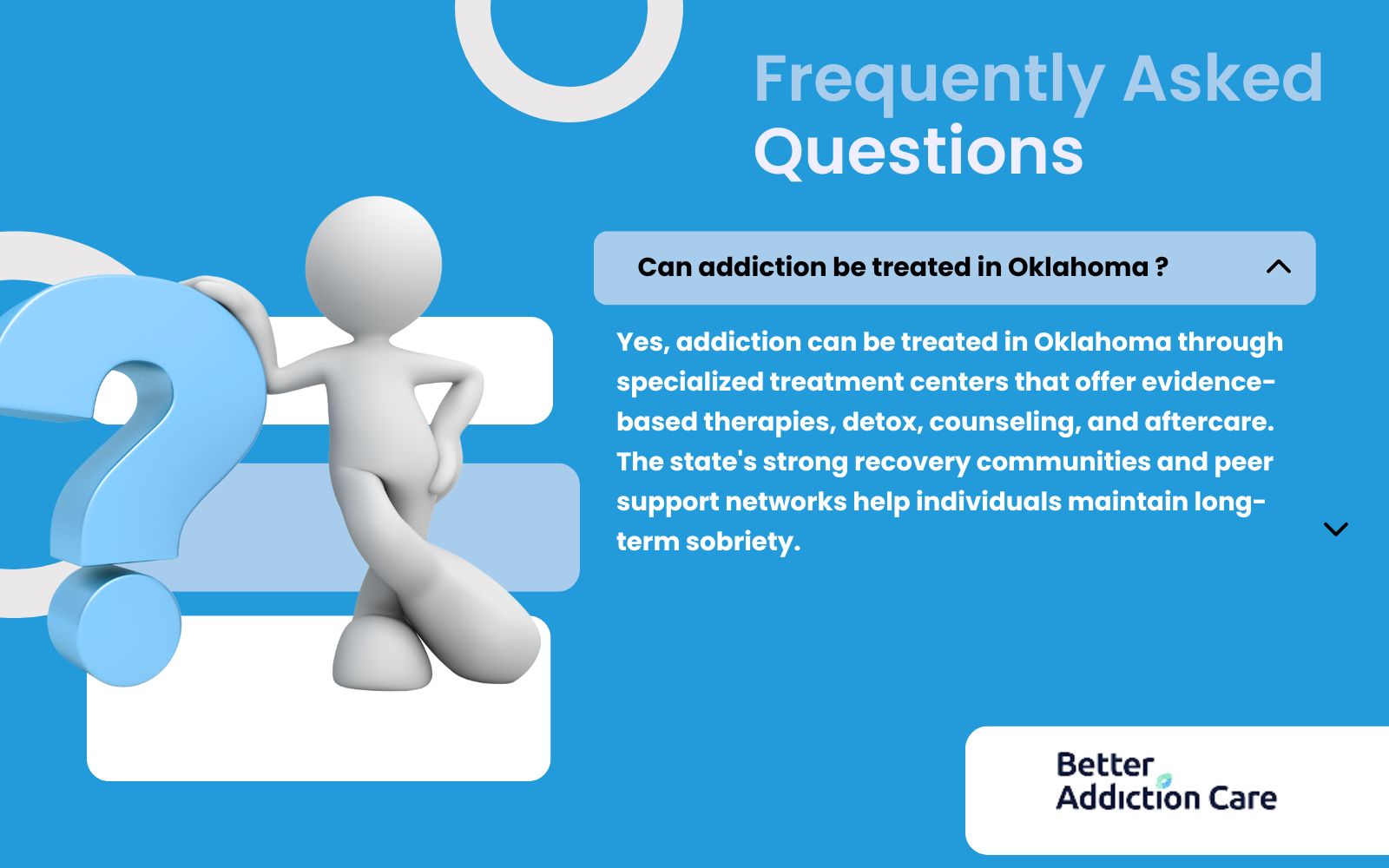
The state of Oklahoma also provides access to comprehensive programs that integrate medical detoxification, counseling, and aftercare planning, ensuring holistic support for long-term recovery. Oklahoma's recovery communities and peer support networks create a strong foundation for individuals to rebuild their lives and maintain sobriety, demonstrating Oklahoma's commitment to combating addiction effectively.
What is the state of Oklahoma?
The state of Oklahoma is in the south-central region of the United States, known for its diverse landscapes and vibrant culture. As of 2024, Oklahoma has an estimated population of 4 million people, with a nearly equal gender distribution of 2 million males and 2 million females. Oklahoma shares borders with Texas to the south and west, Kansas to the north, Missouri to the northeast, Arkansas to the east, Colorado to the northwest, and New Mexico to the far west.
Economically, Oklahoma is a middle-income state with a median household income of $61,364, which is below the national average. Its economy relies heavily on industries such as energy, agriculture, and manufacturing. Despite having a lower cost of living compared to many states, Oklahoma faces challenges like poverty rates higher than the national average and limited access to healthcare and education in rural areas. These factors make Oklahoma a state with a mix of economic strengths and challenges.
What is the population of Oklahoma?
The population of Oklahoma is 3.97 million people, with females comprising about 50.5% (2.00 million) and males about 49.5% (1.97 million). The population is distributed across age groups as follows: 23.94% are under 18 years (950,444 individuals), 60.13% are between 18 and 64 years (2,387,302 individuals), and 15.94% are 65 years or older (632,751 individuals). The largest specific age group is 20 to 24 years, which accounts for 7.18% of the population (284,981 individuals). These figures highlight the demographic composition of Oklahoma by gender and age, providing a clear picture of its population dynamics.
What is the income of people from Oklahoma?
The income of people from Oklahoma is $33,630, per capita income, while the median household income stood at $61,364. Income levels in Oklahoma vary across different age groups. Households headed by individuals aged 25 to 44 years had a median income of $44,231, those aged 45 to 64 years earned $53,865, and households led by individuals 65 years and over had a median income of $51,800. Gender-specific income data indicates that male full-time, year-round workers had a median income of $50,051, while female full-time, year-round workers earned a median income of $40,000. These figures highlight the income distribution across different demographics in Oklahoma, reflecting variations by age and gender.





